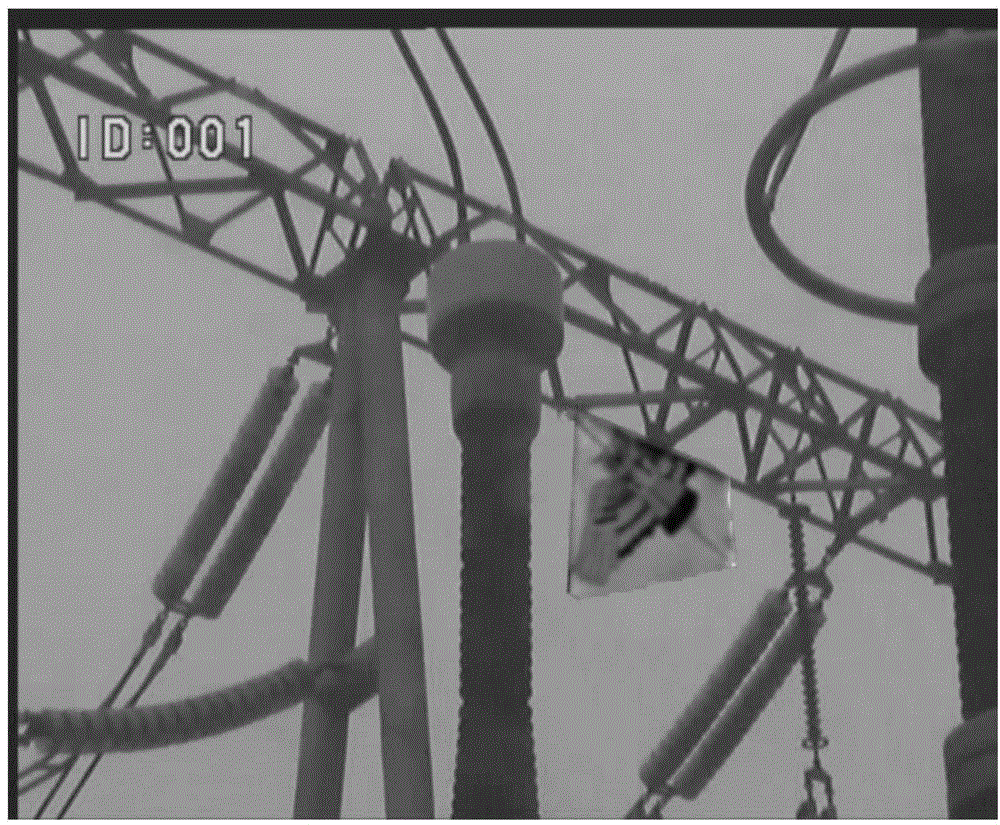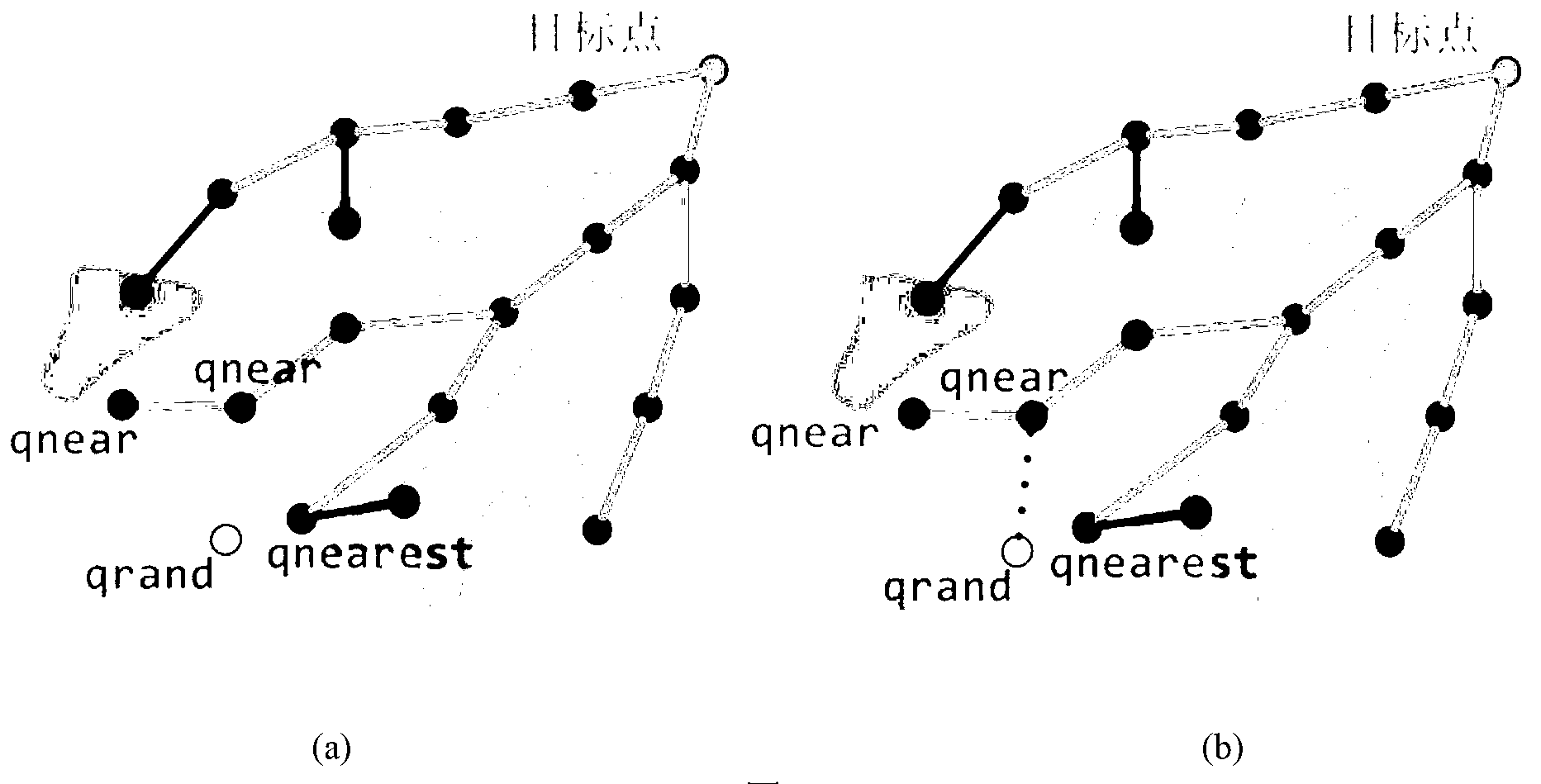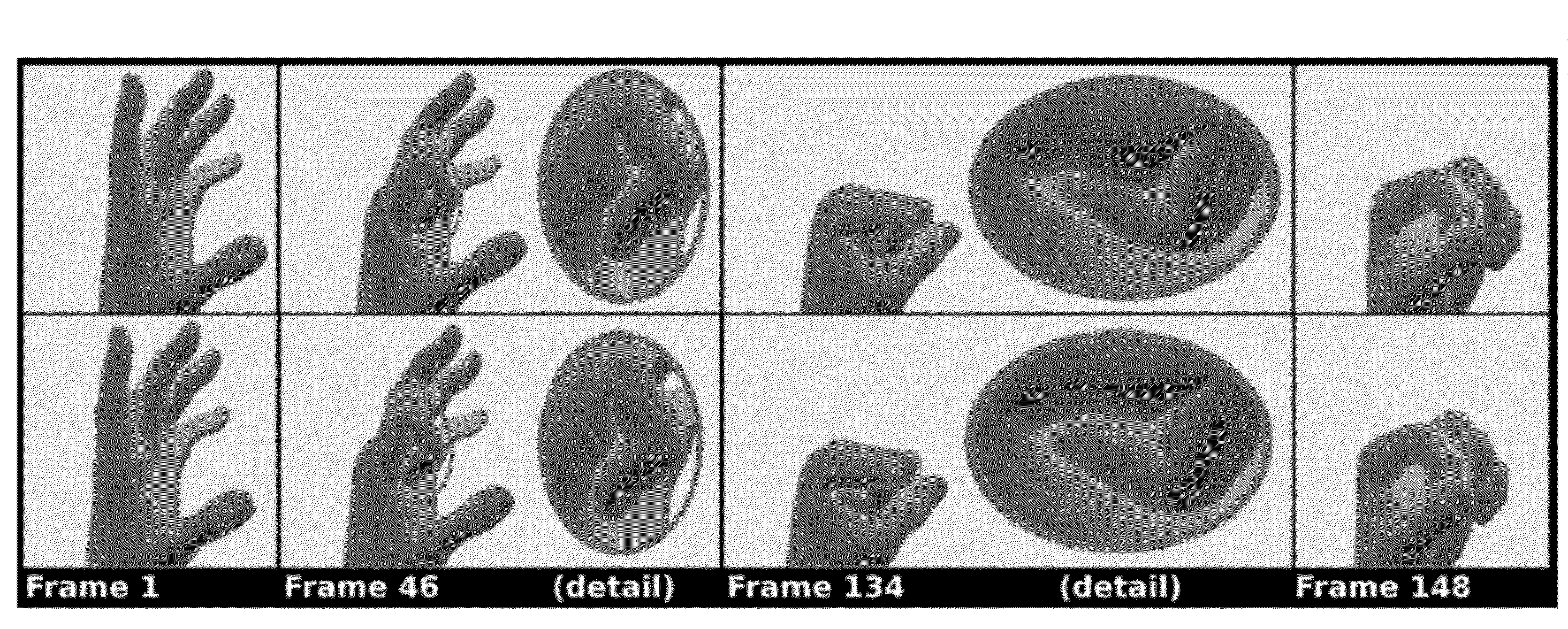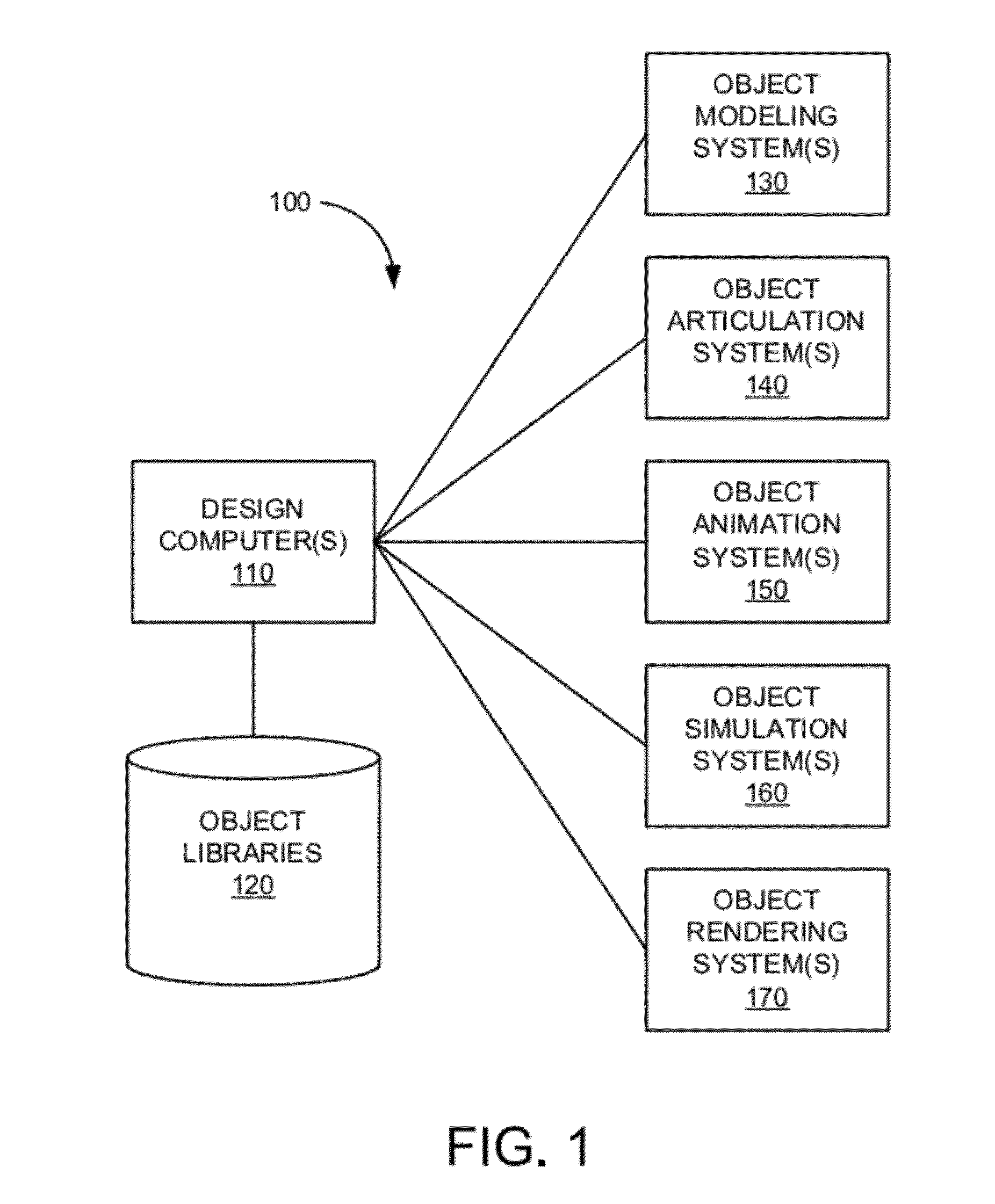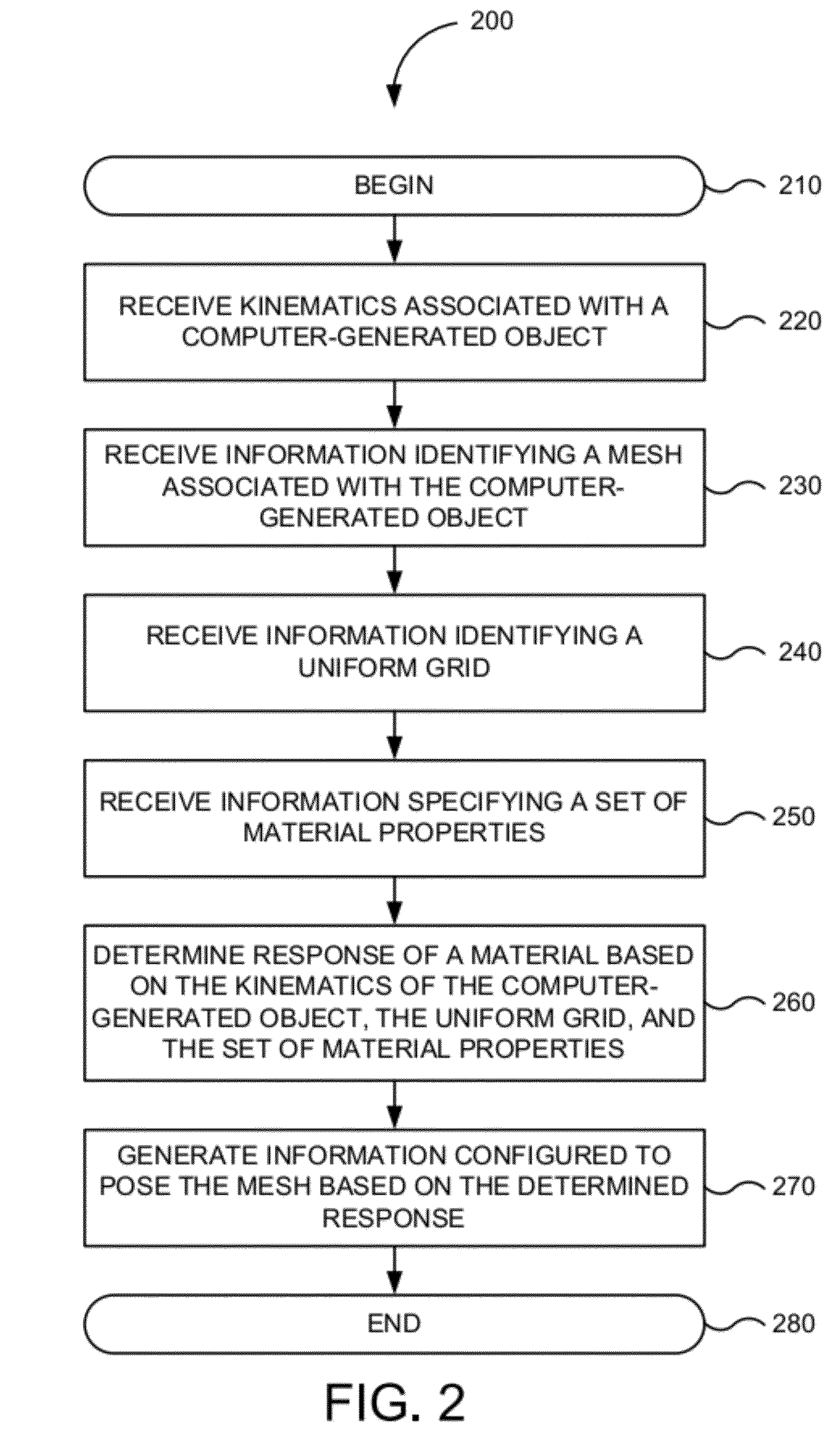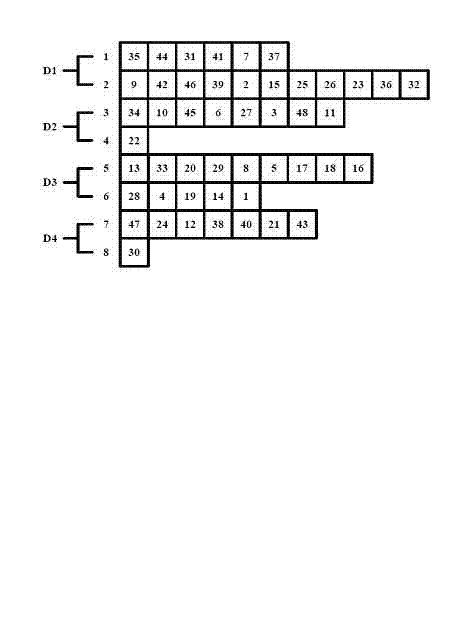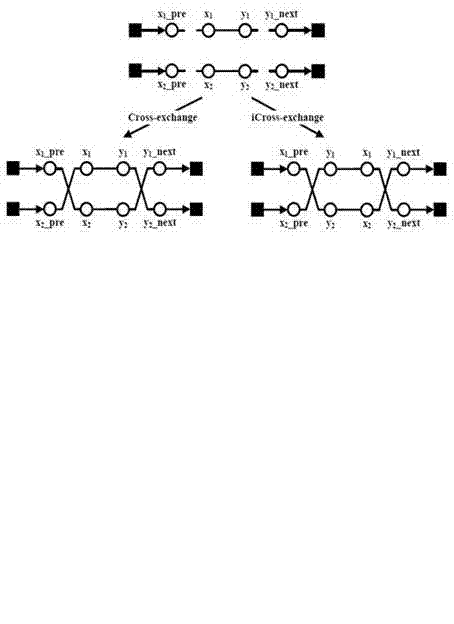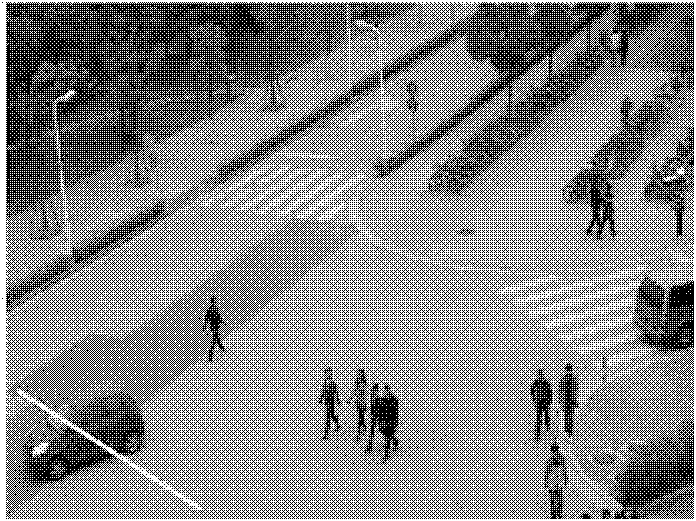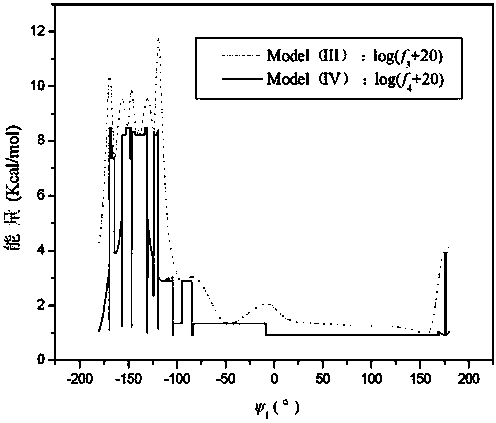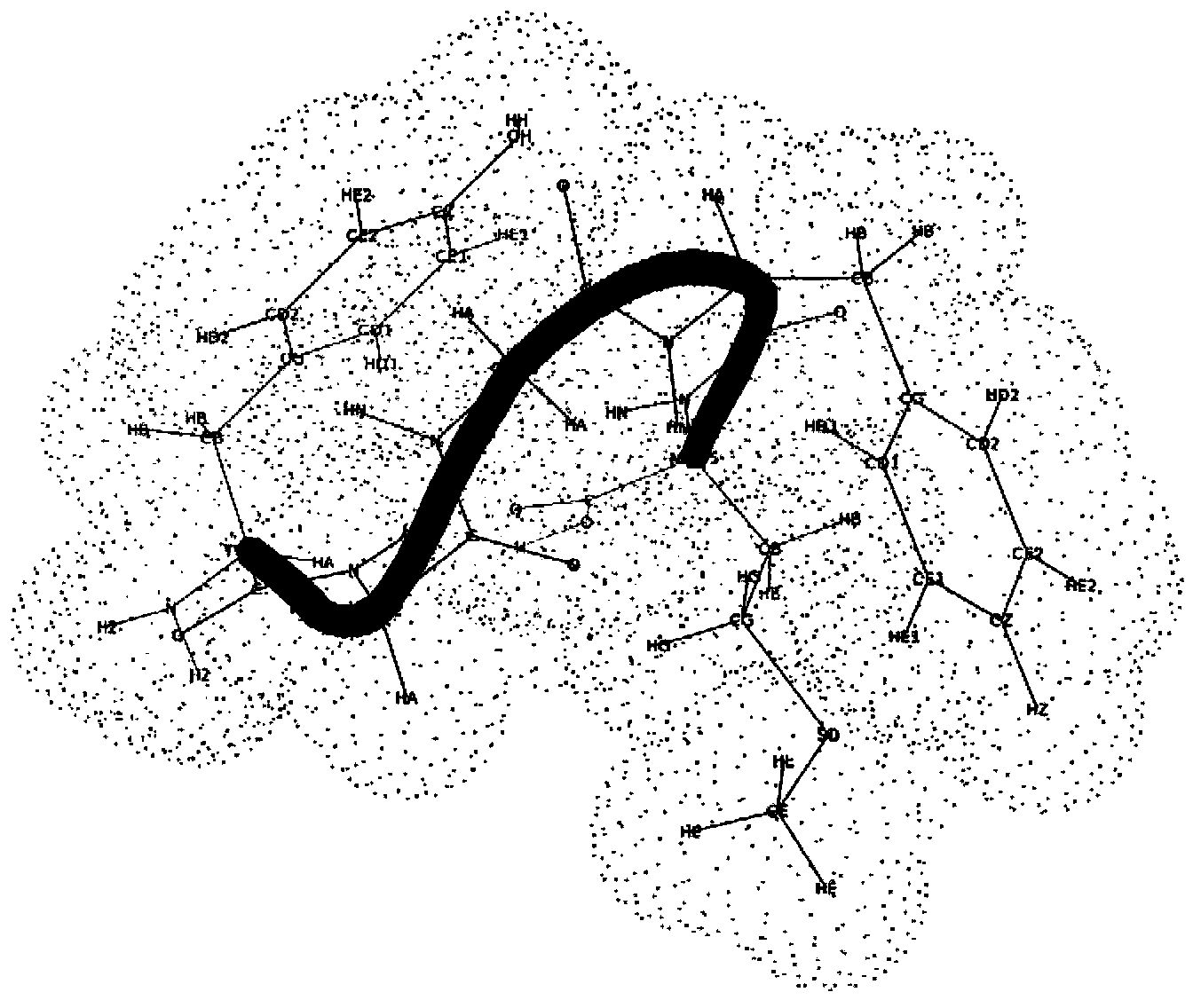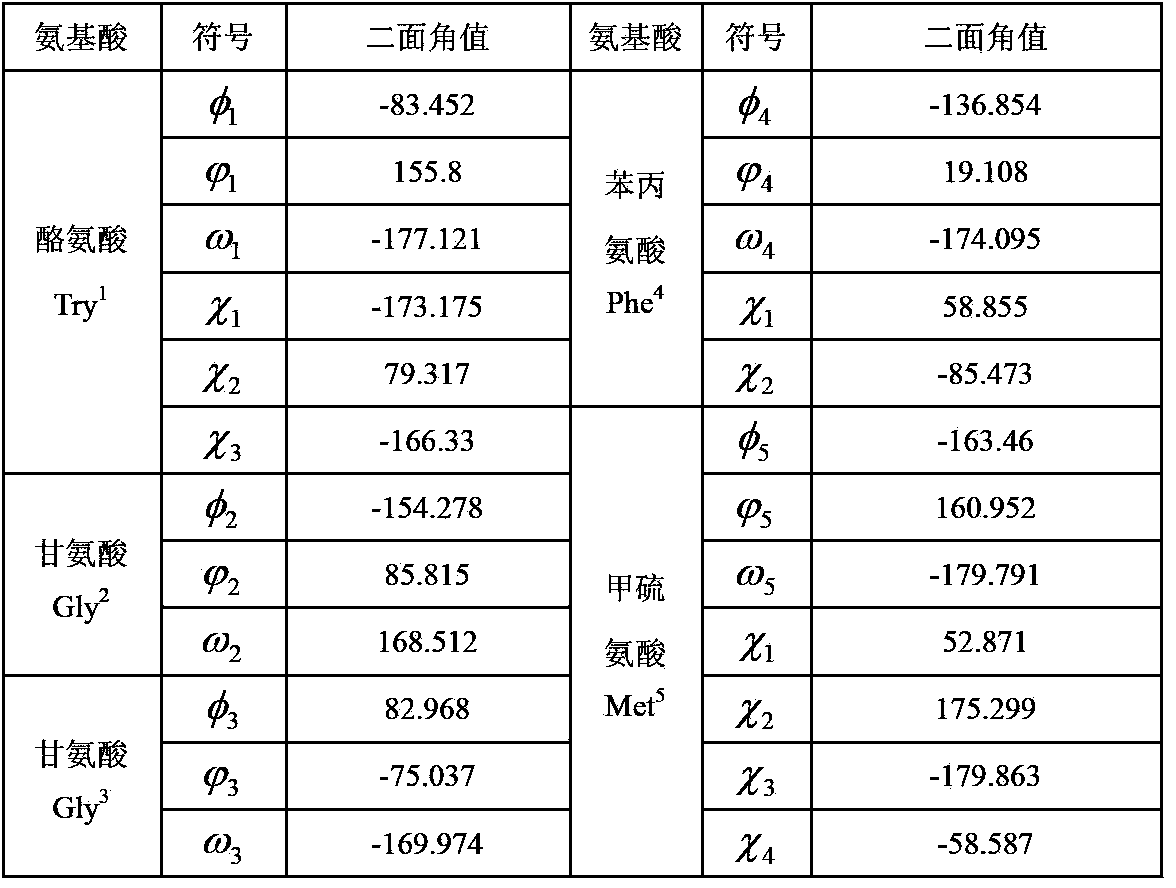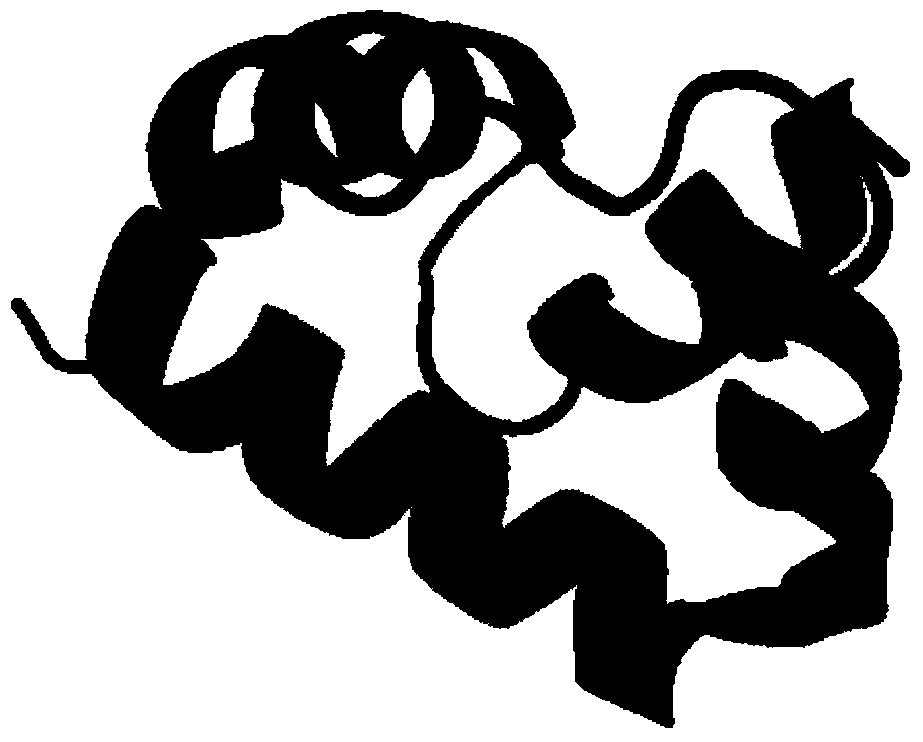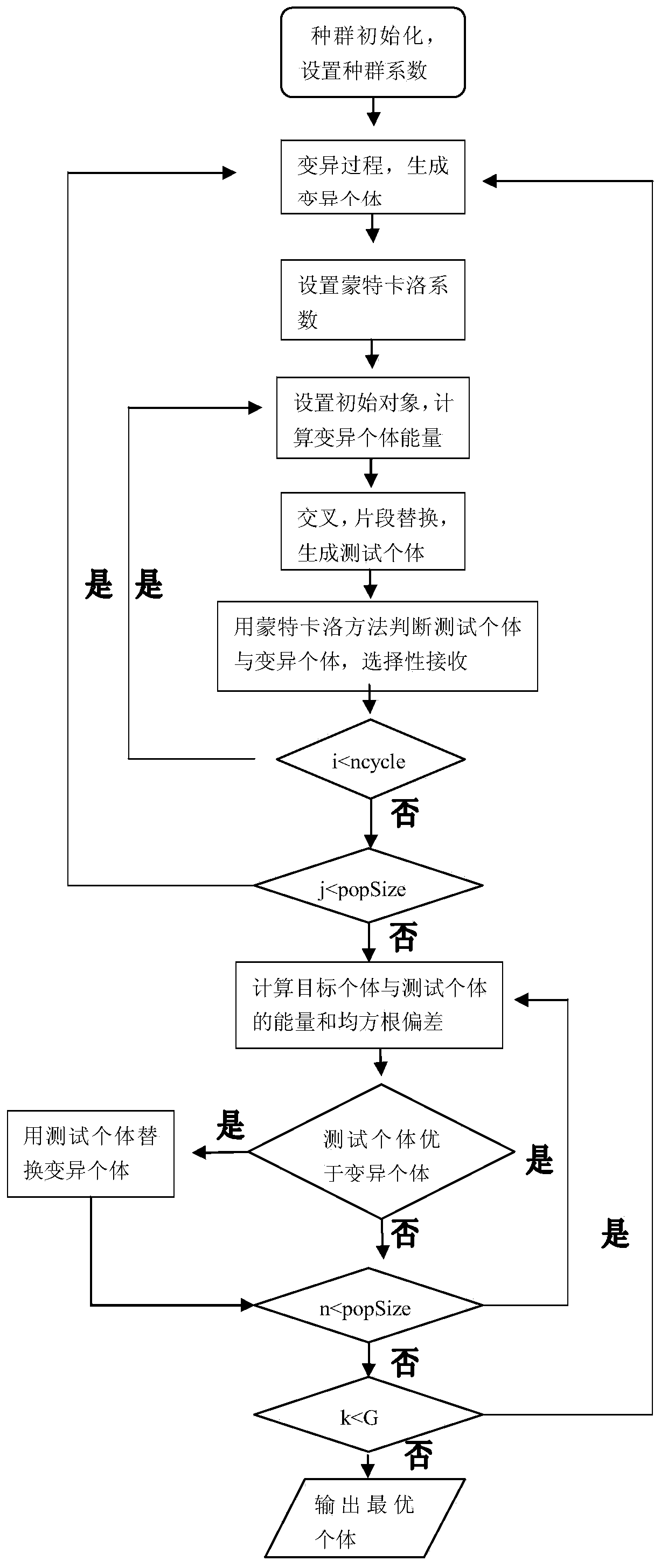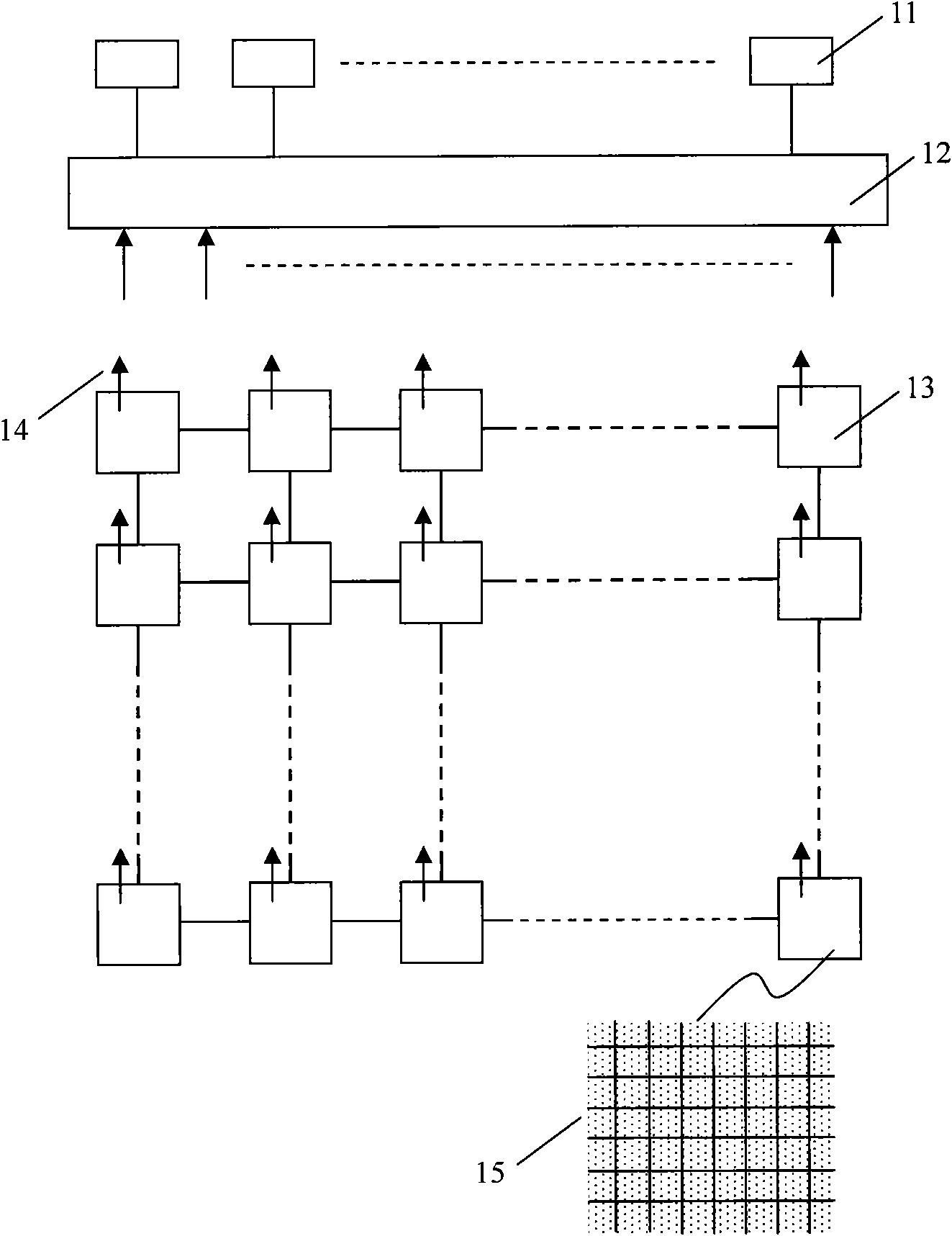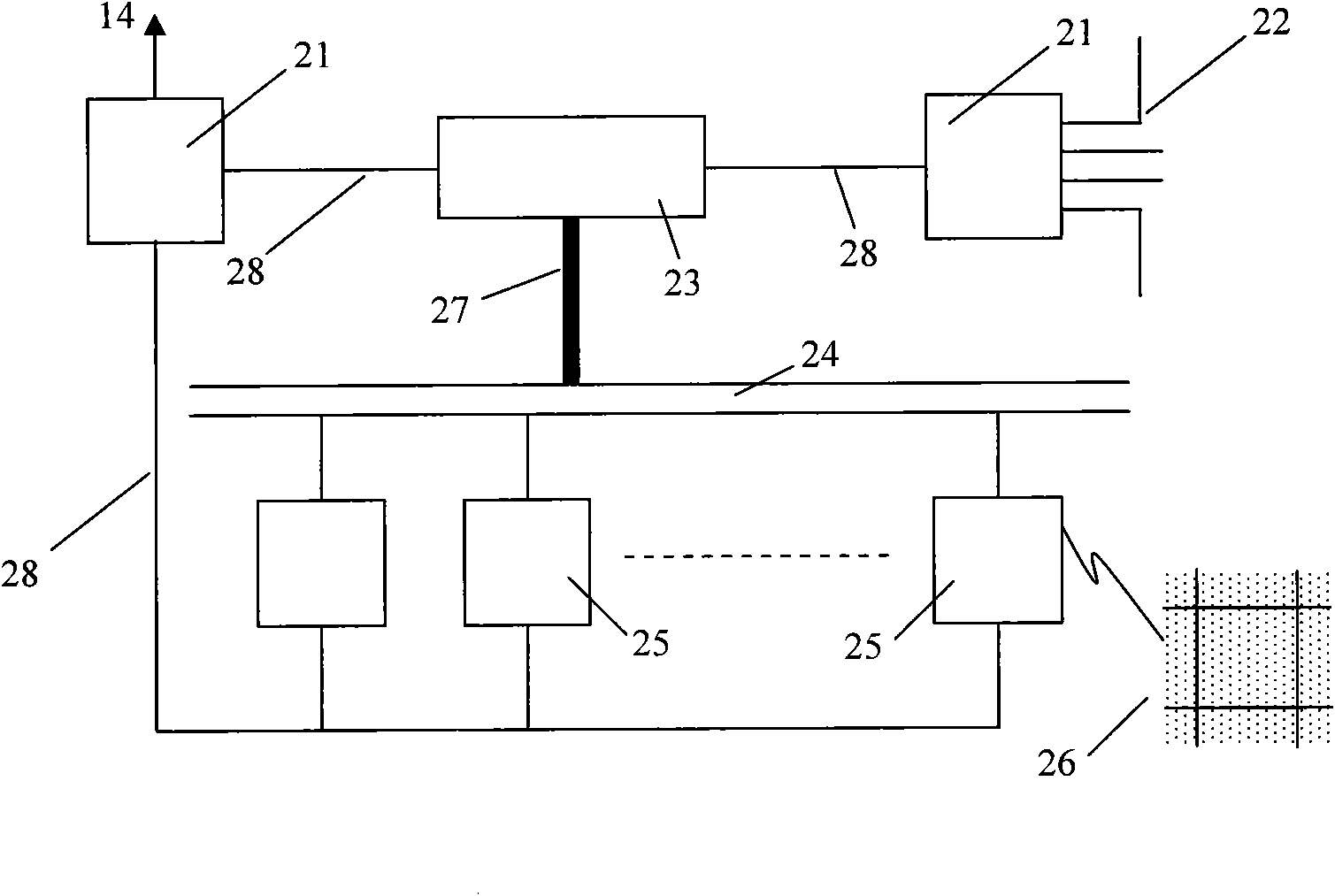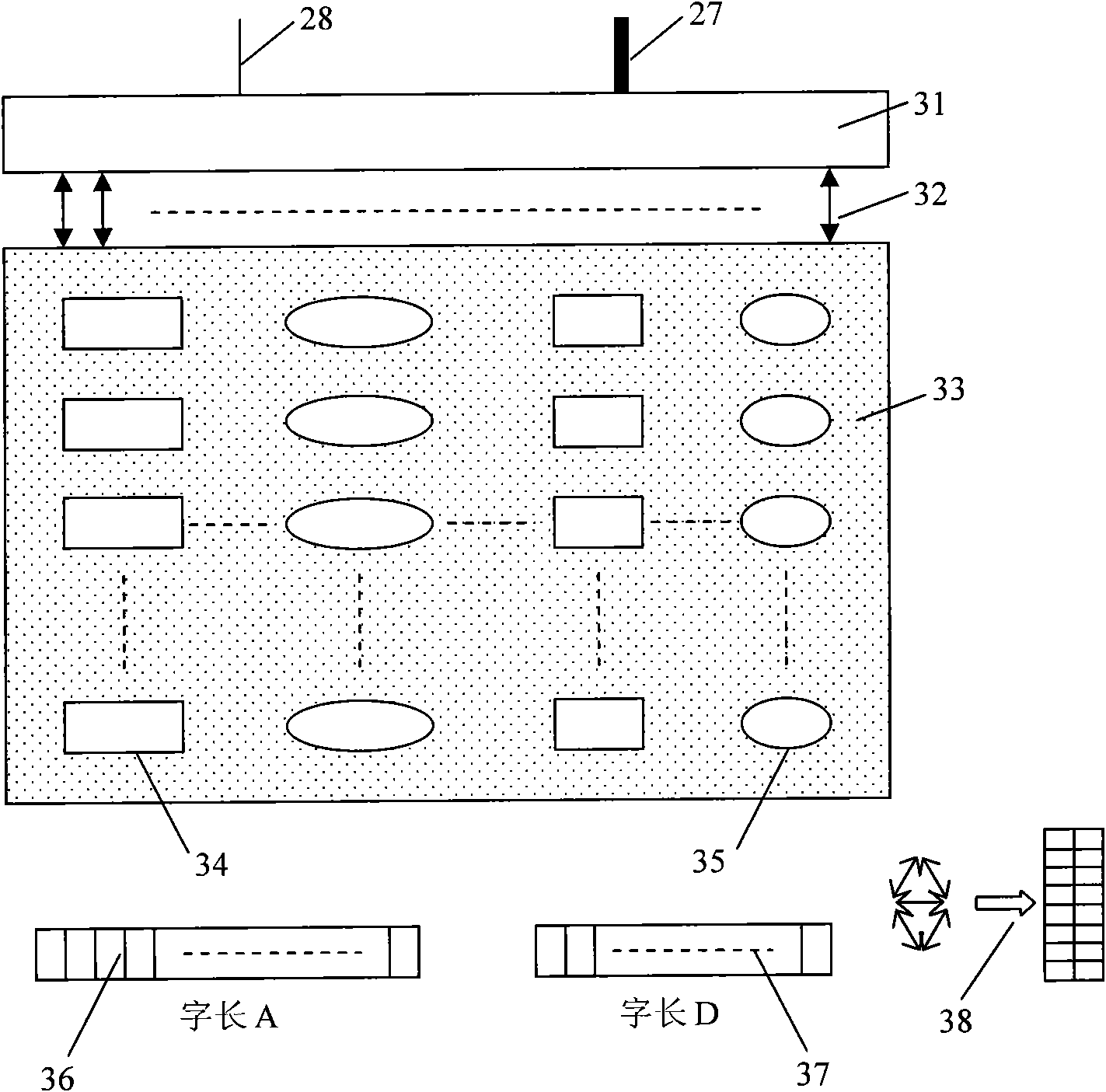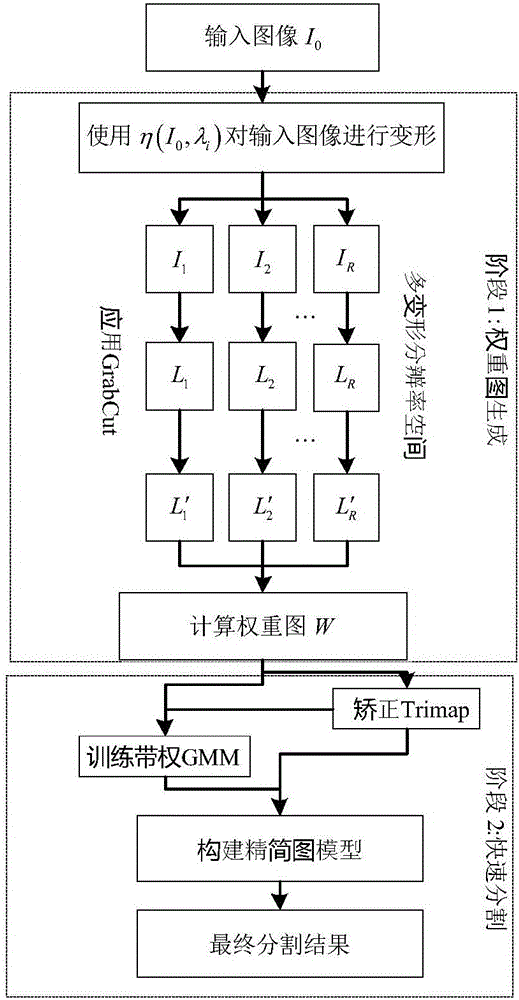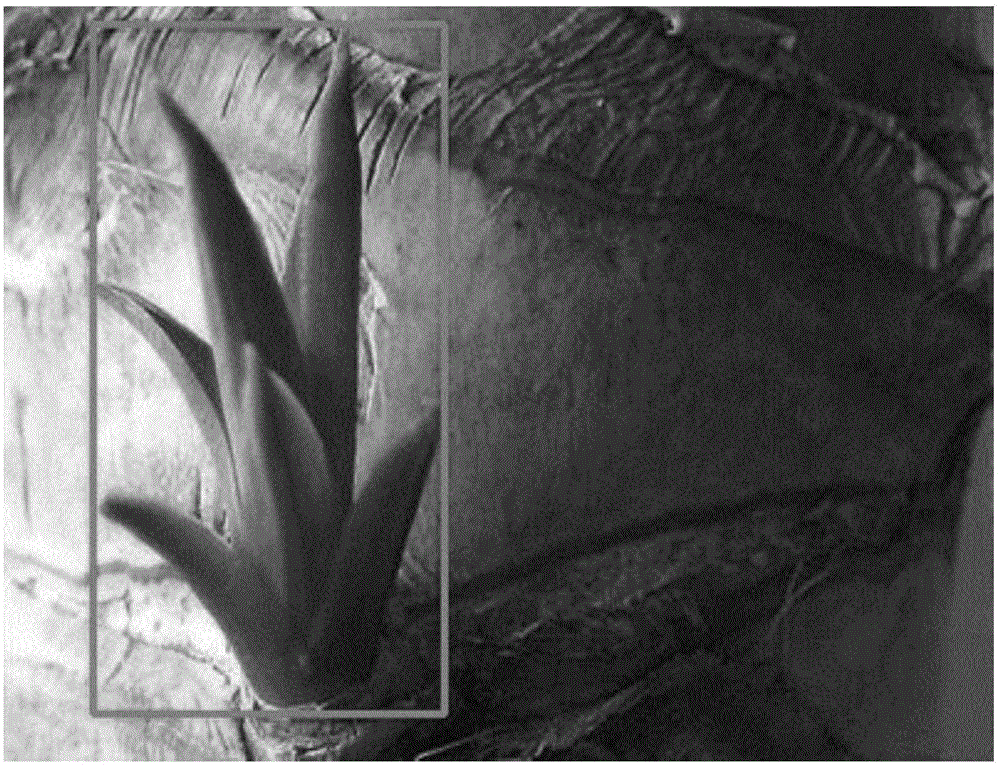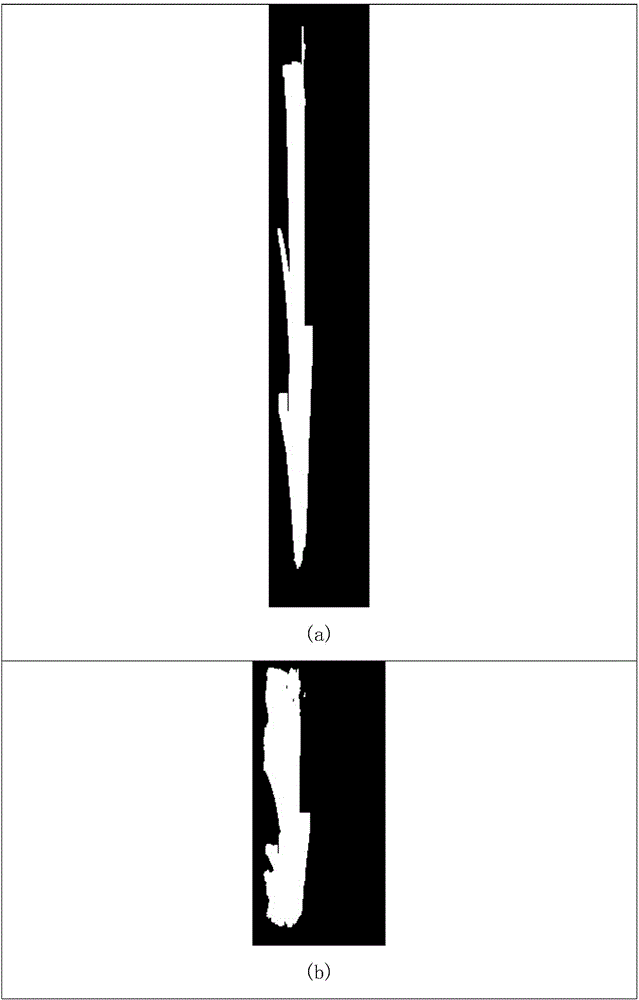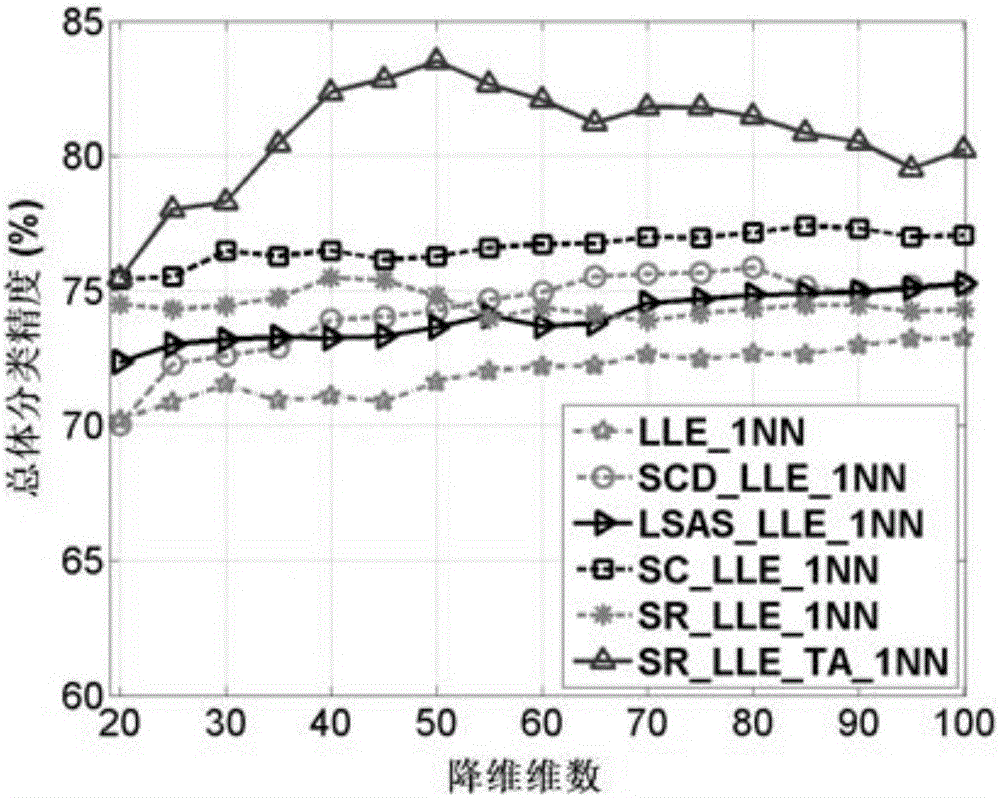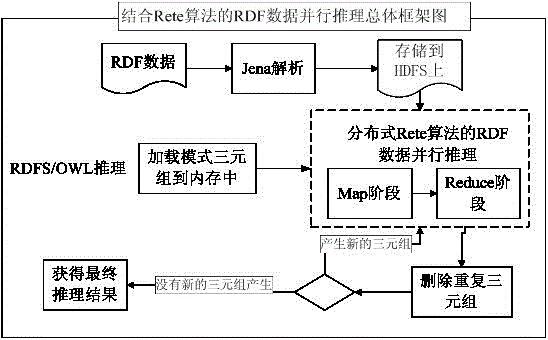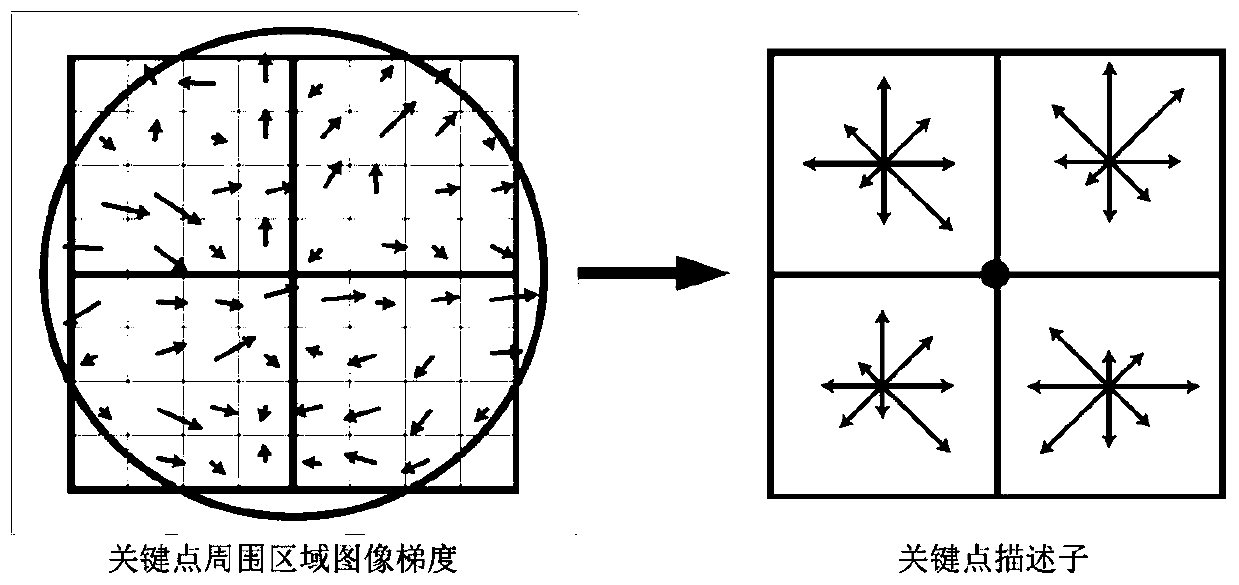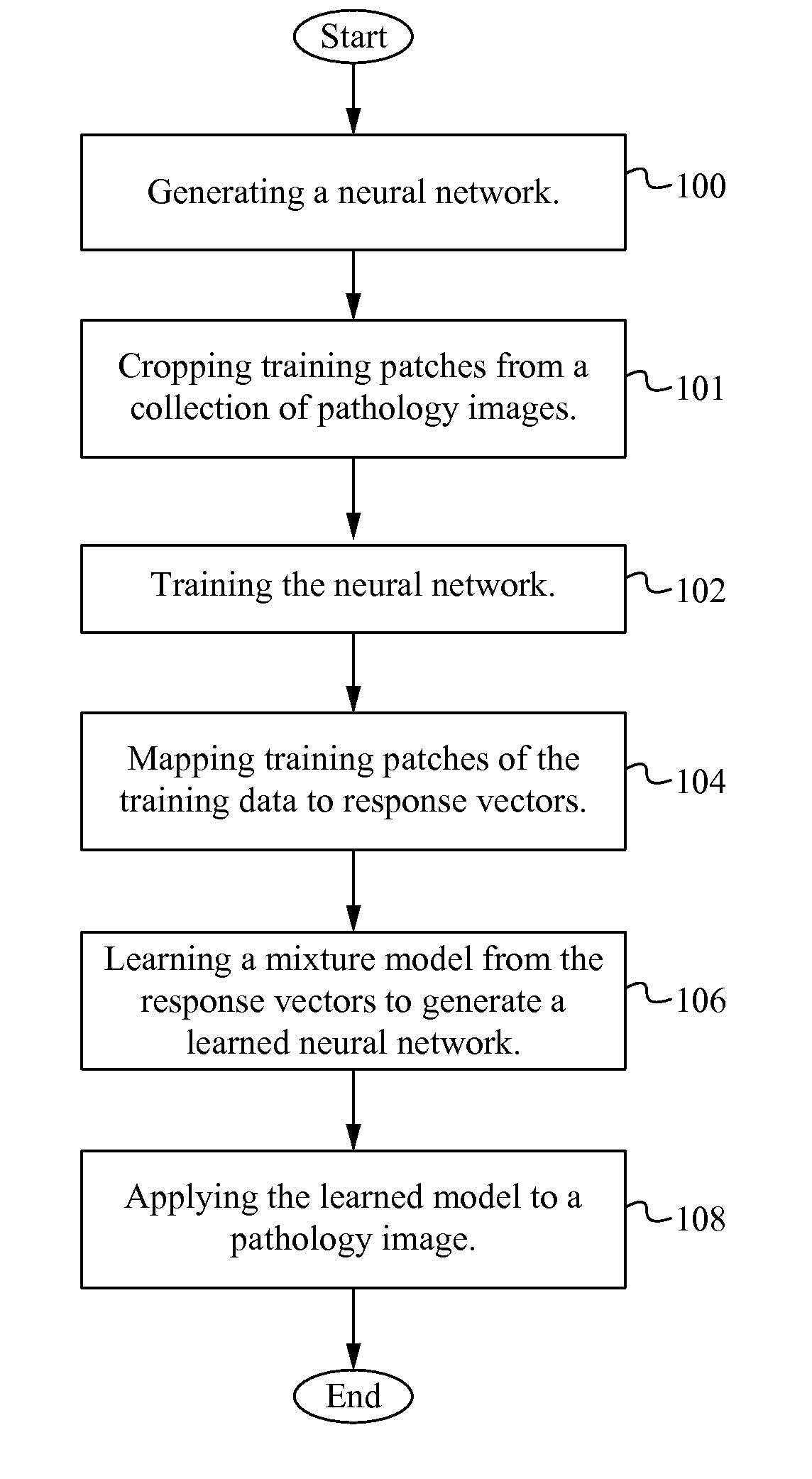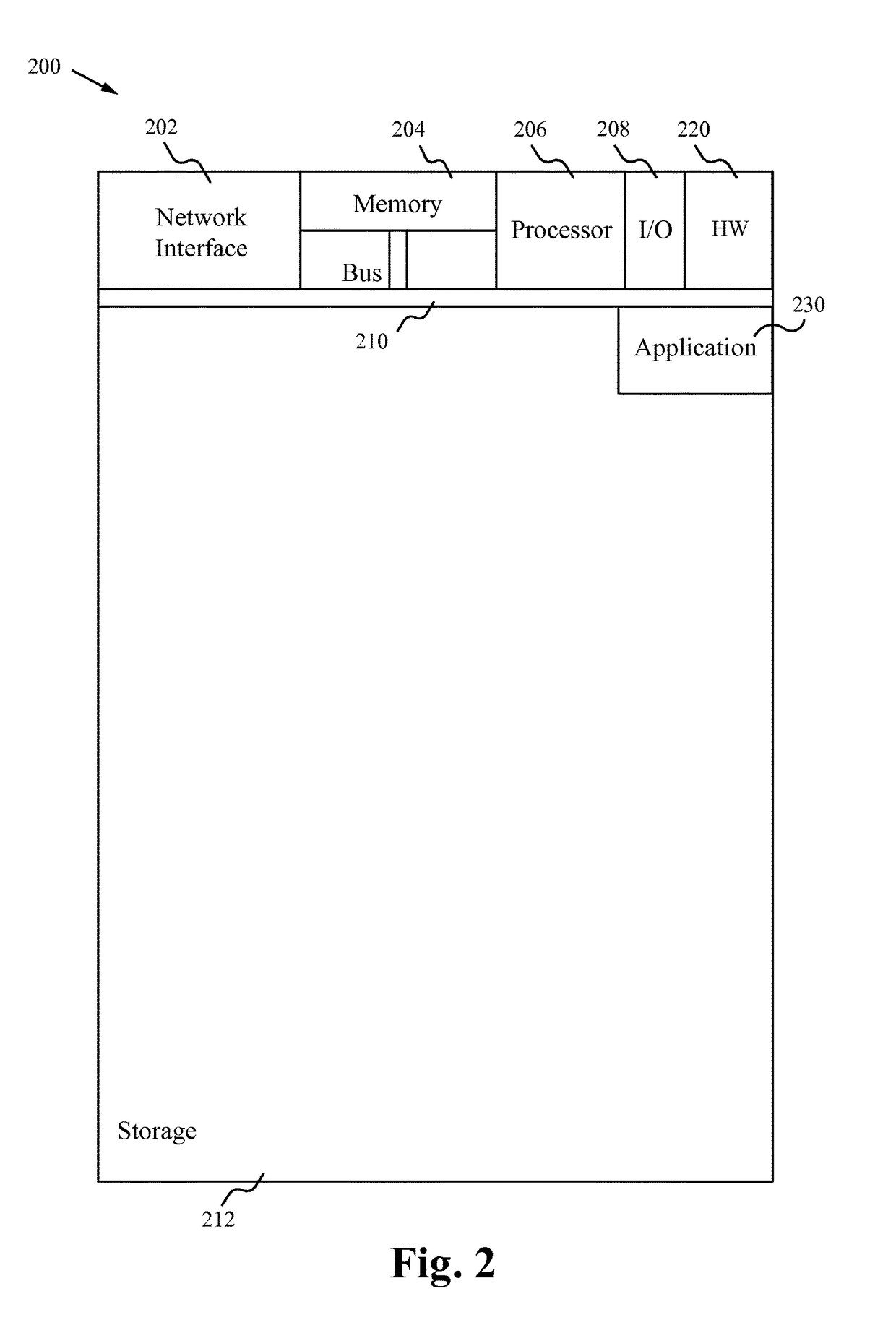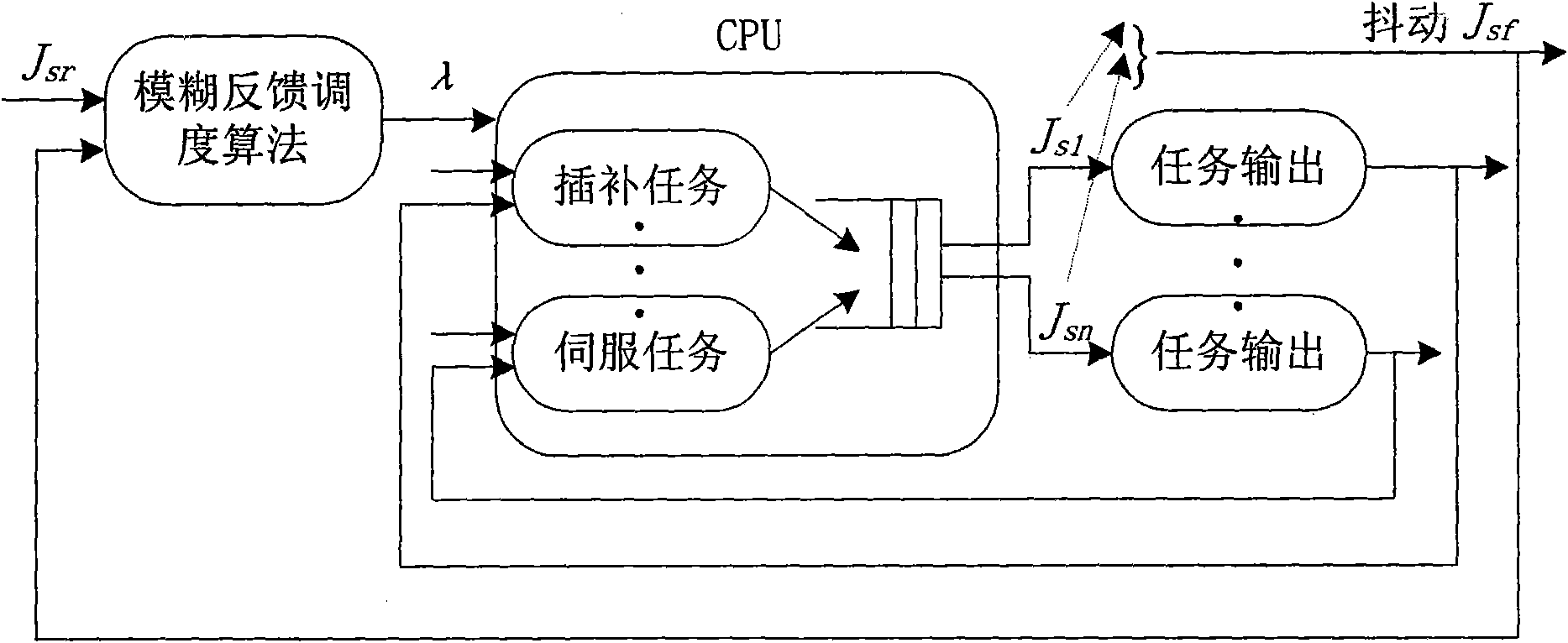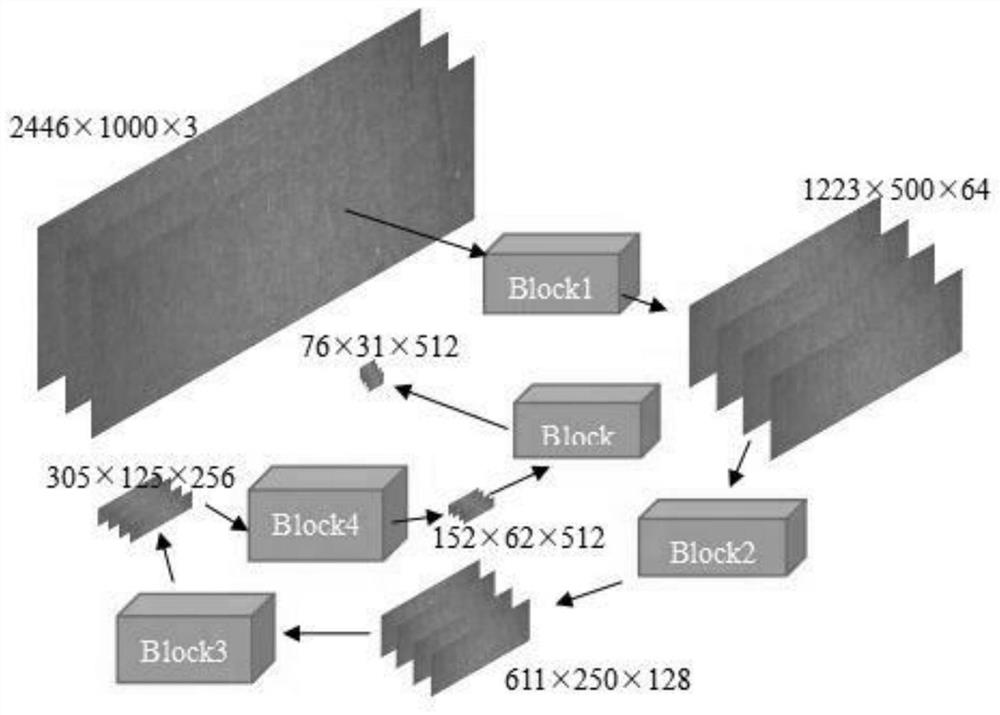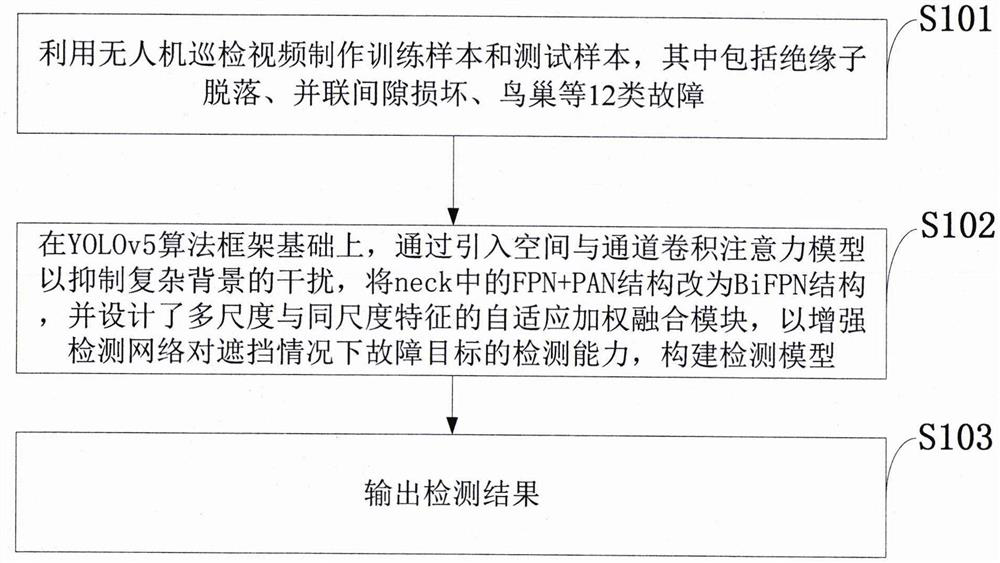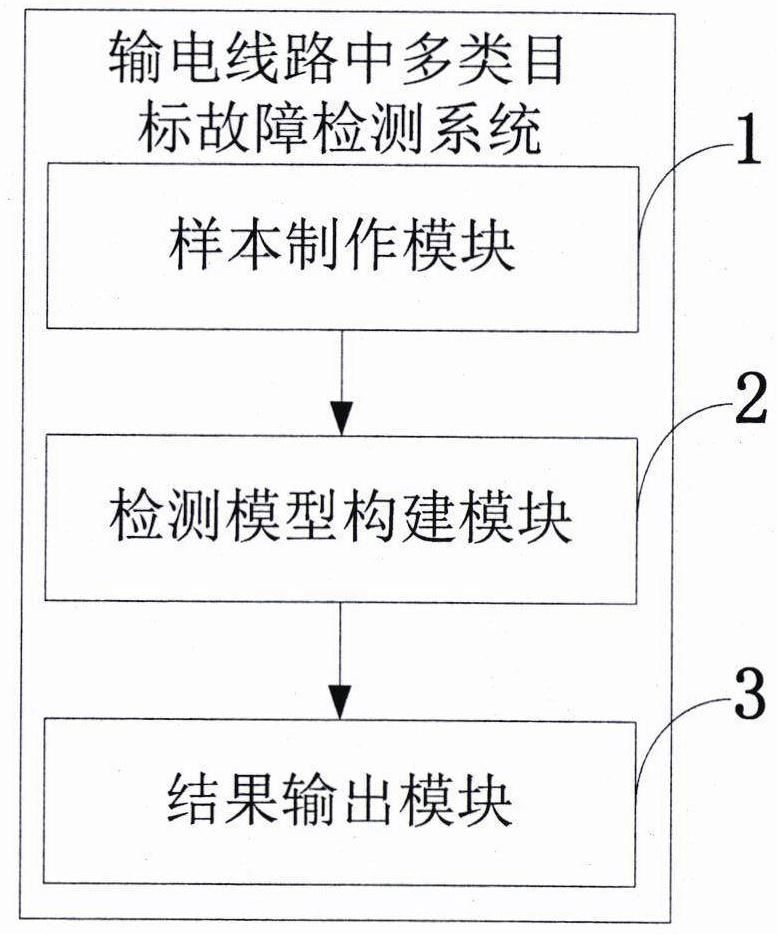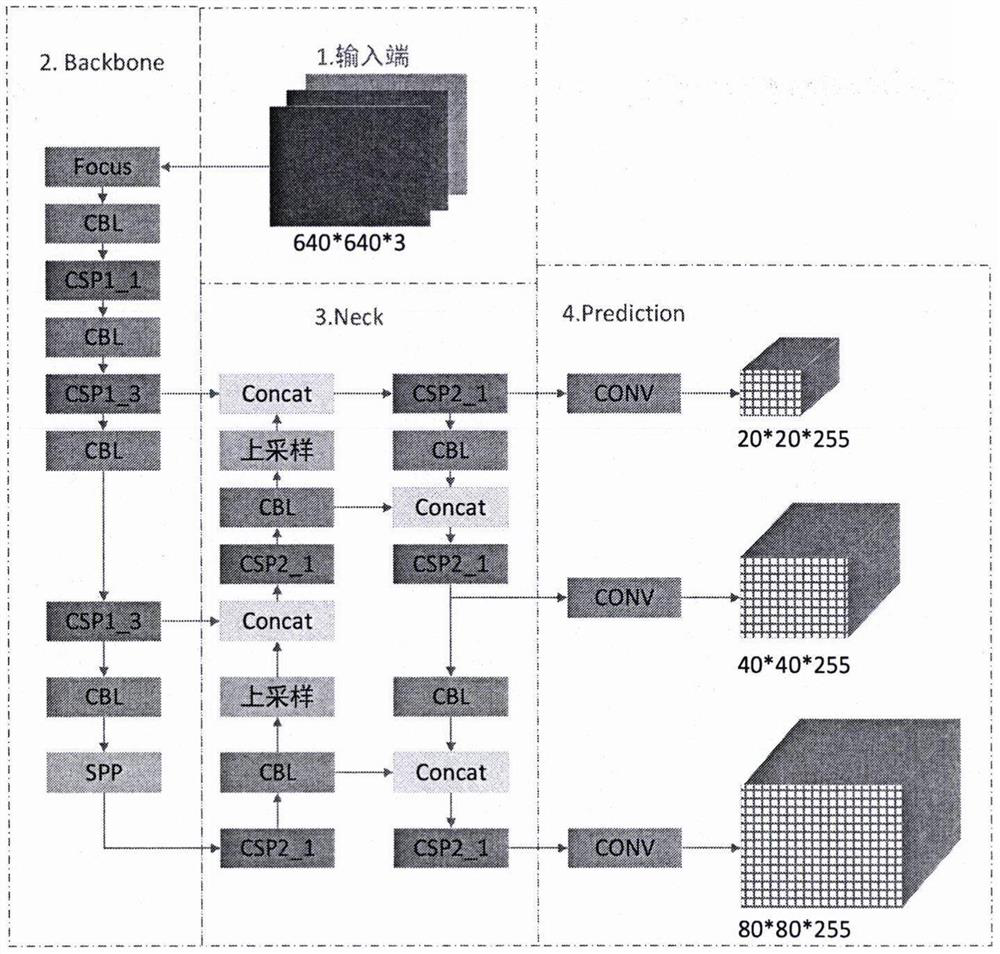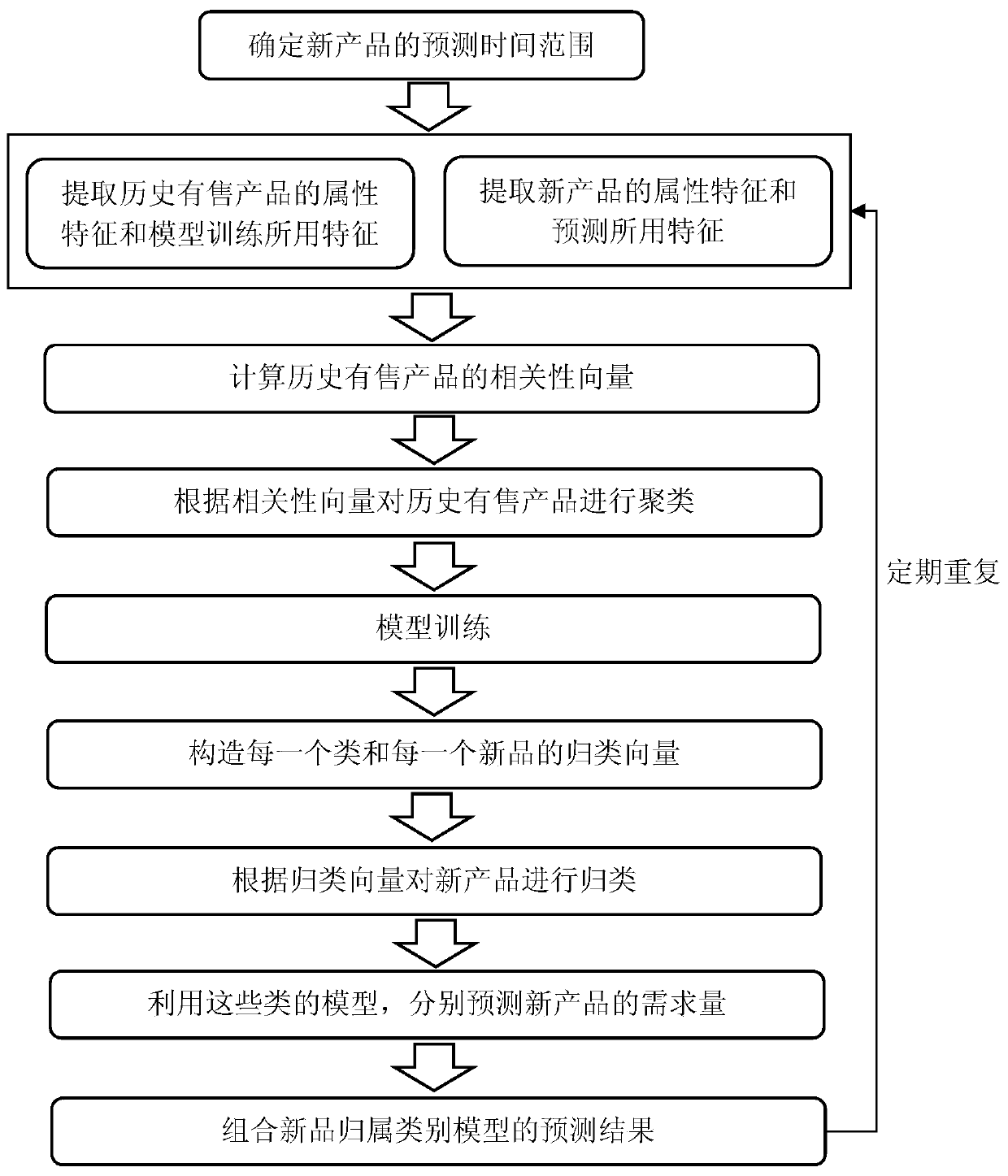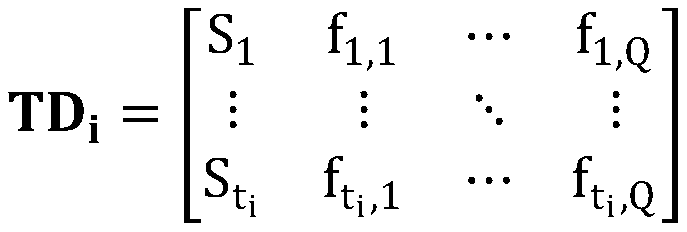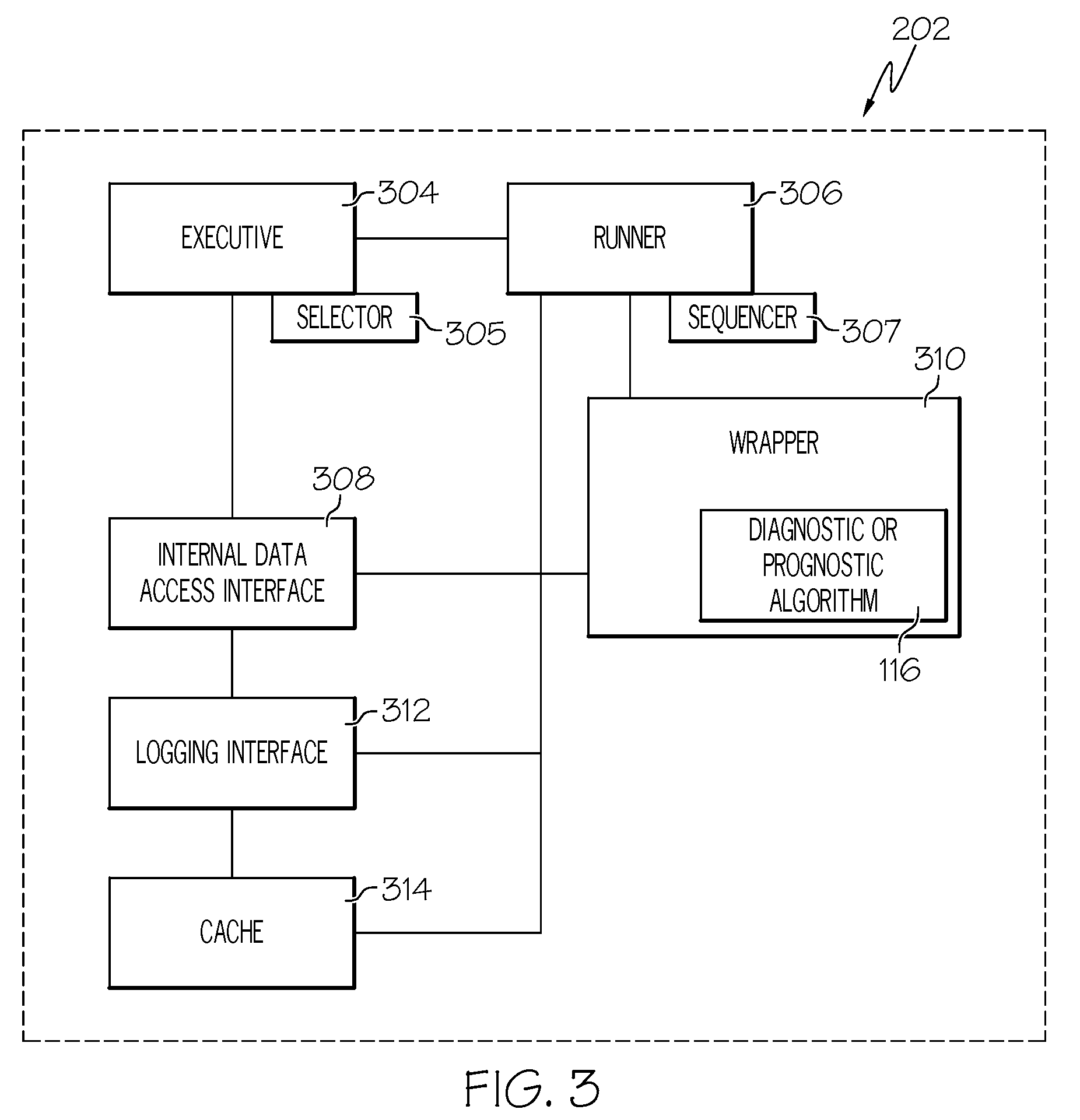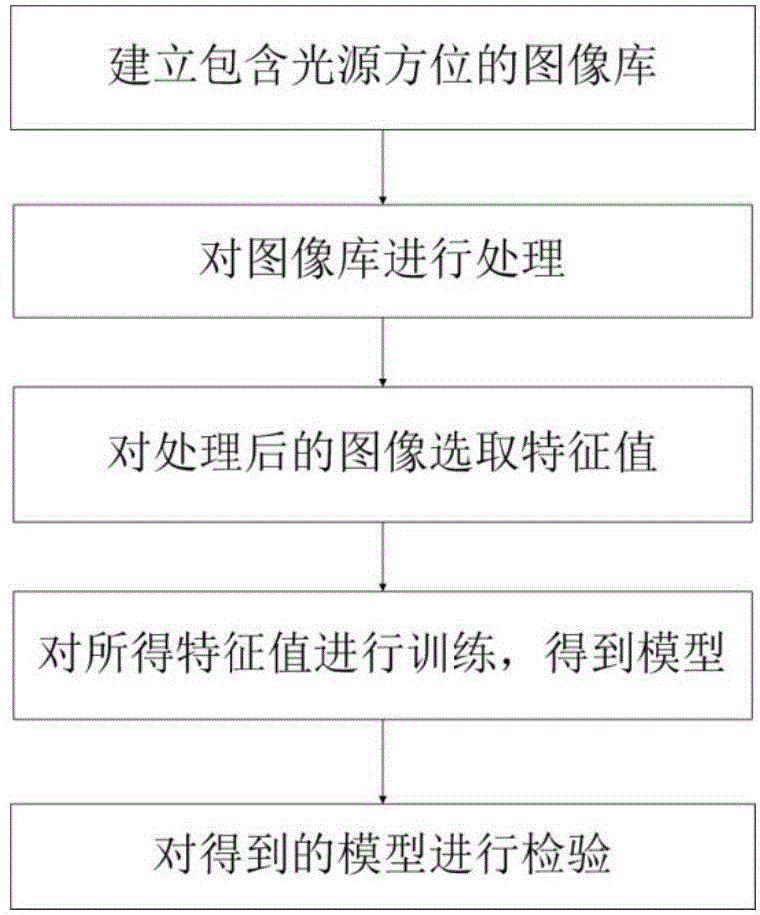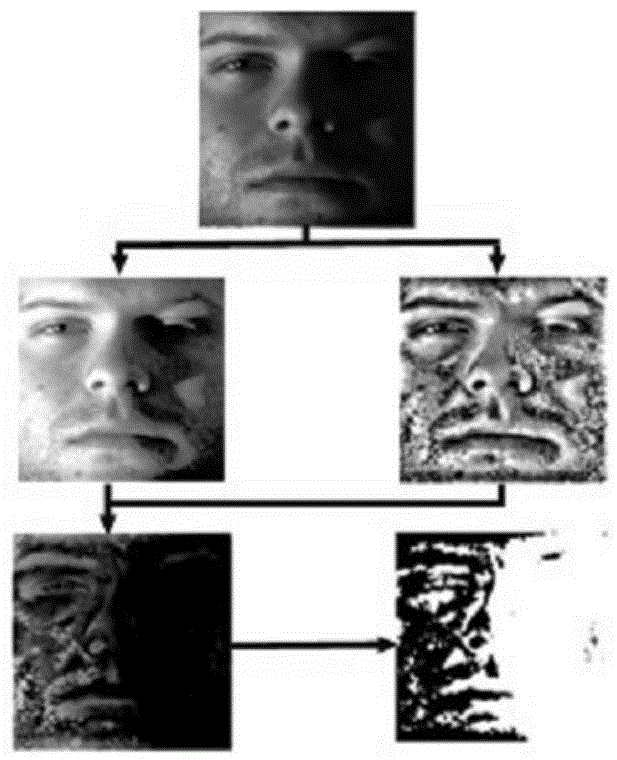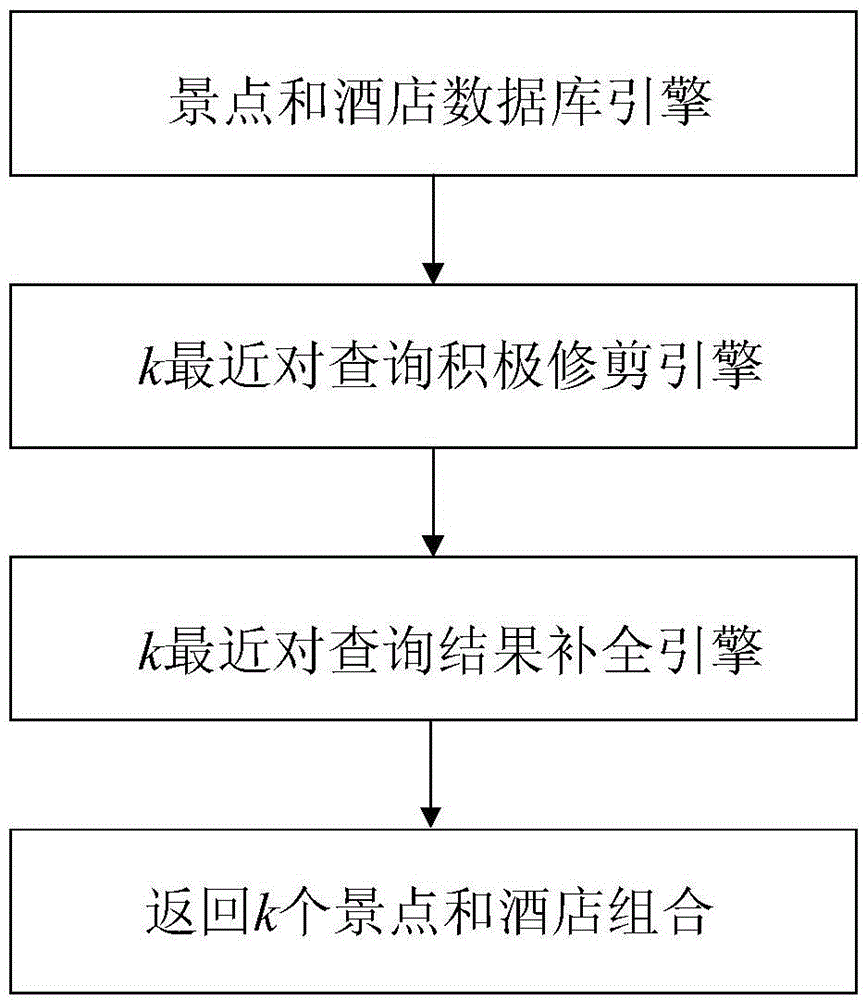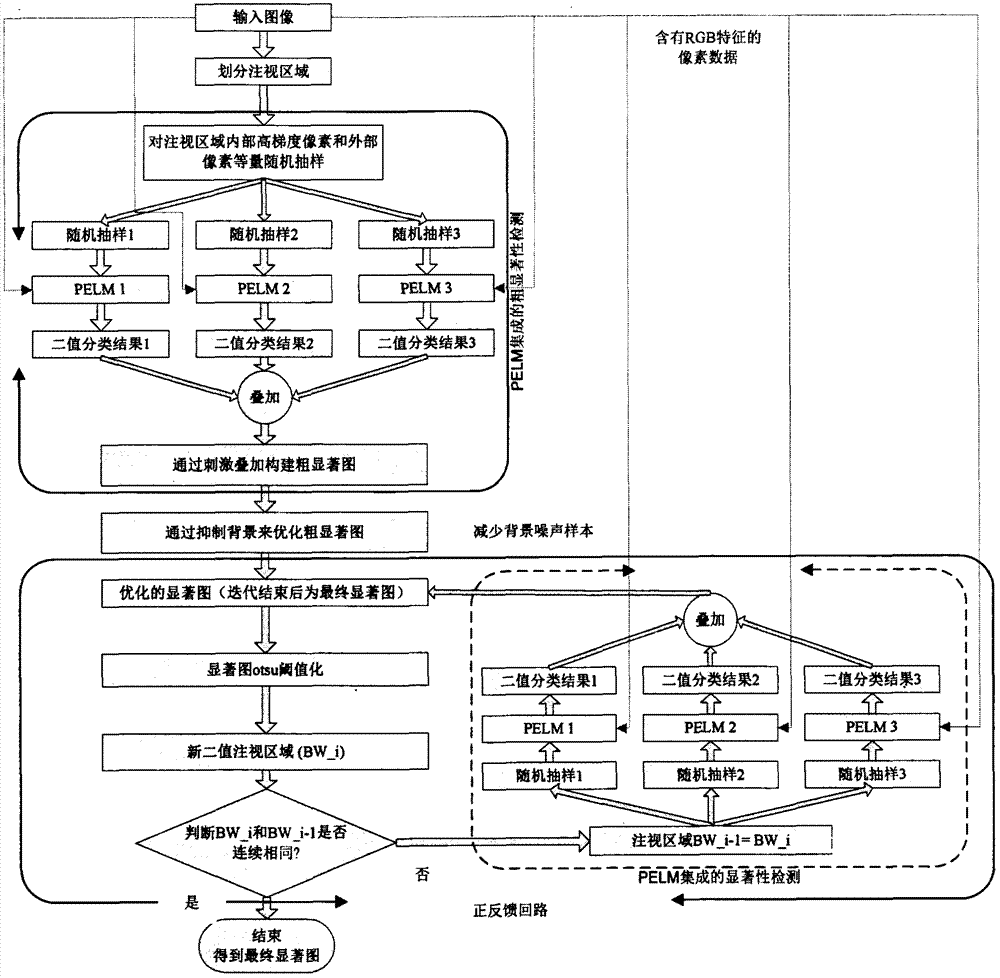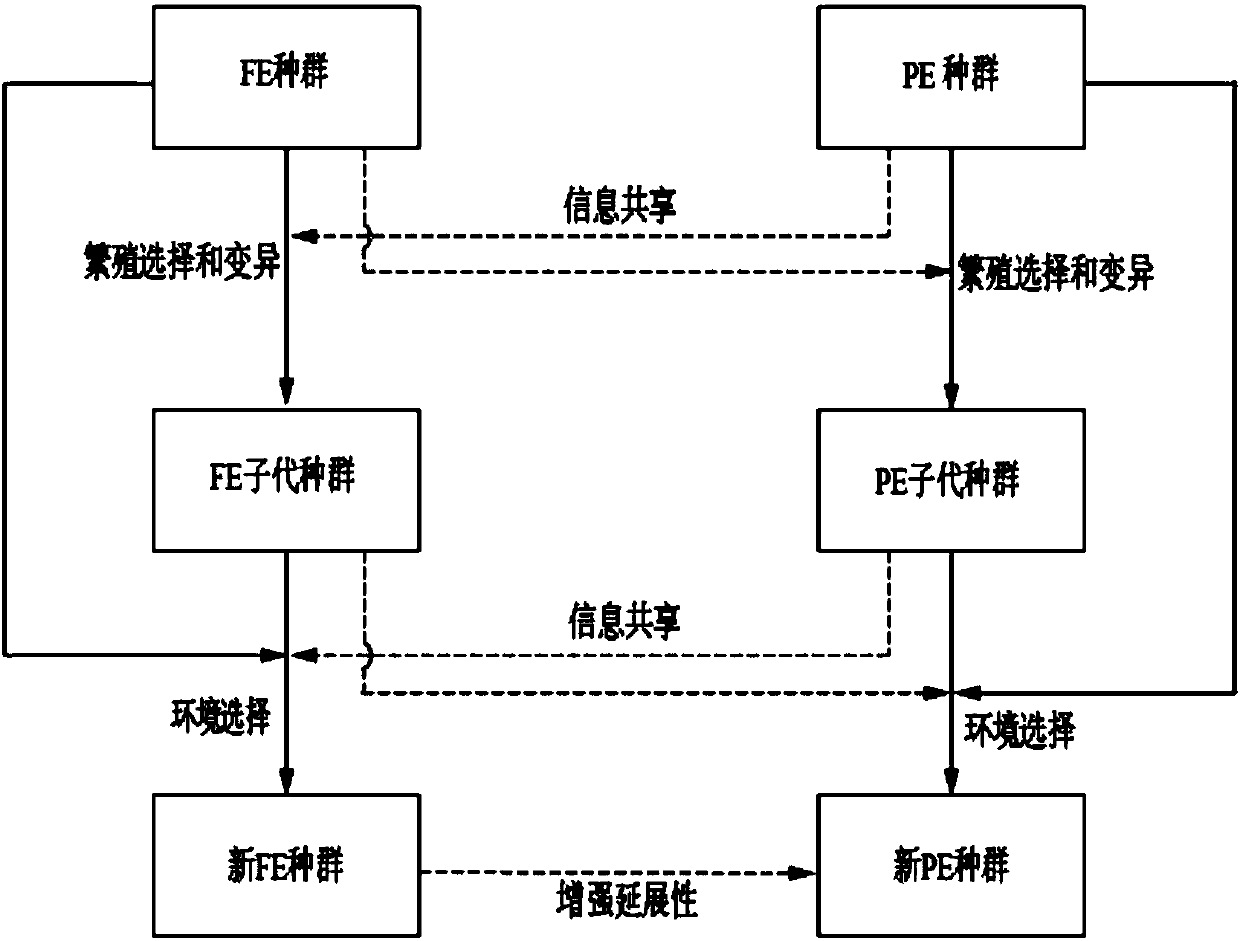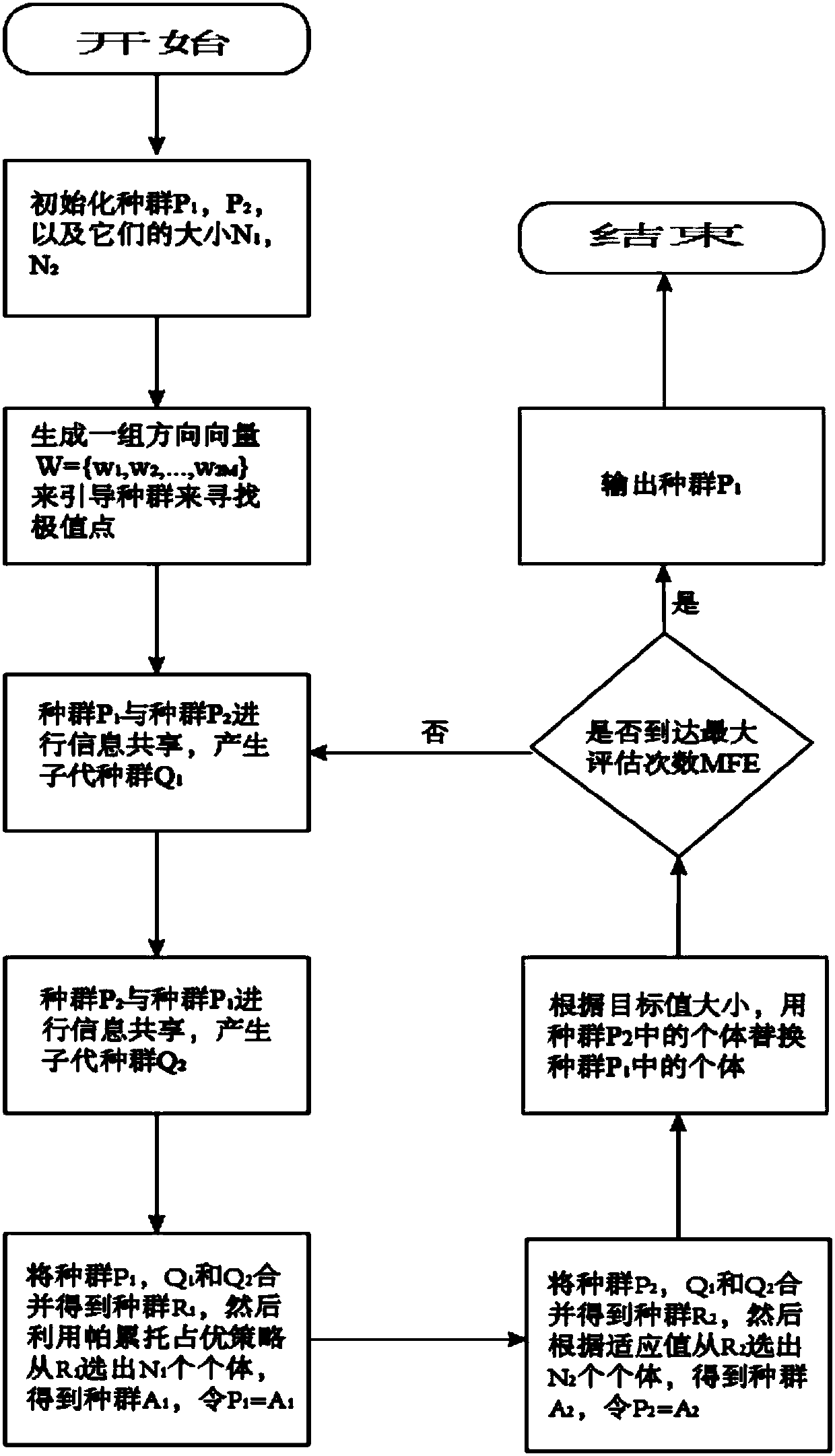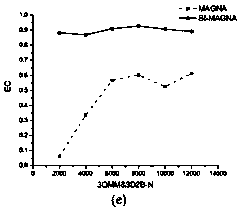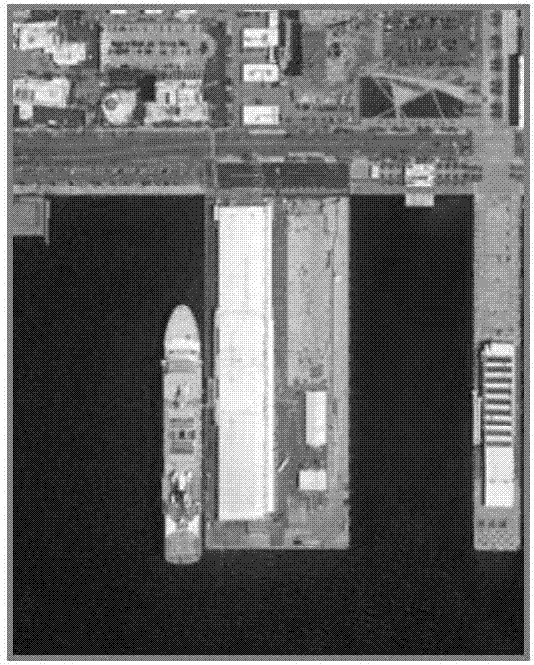Patents
Literature
Hiro is an intelligent assistant for R&D personnel, combined with Patent DNA, to facilitate innovative research.
110 results about "Algorithmic skeleton" patented technology
Efficacy Topic
Property
Owner
Technical Advancement
Application Domain
Technology Topic
Technology Field Word
Patent Country/Region
Patent Type
Patent Status
Application Year
Inventor
In computing, algorithmic skeletons, or parallelism patterns, are a high-level parallel programming model for parallel and distributed computing. Algorithmic skeletons take advantage of common programming patterns to hide the complexity of parallel and distributed applications. Starting from a basic set of patterns (skeletons), more complex patterns can be built by combining the basic ones.
Electrical equipment appearance abnormity detection method based on image comparison
ActiveCN104809732AAchieve breakageAchieve suspensionImage enhancementImage analysisForeign matterAnomaly detection
The invention discloses an electrical equipment appearance abnormity detection method based on image comparison. The electrical equipment appearance abnormity detection method includes normalizing an image photographed during current routing inspection, registering the image with an image photographed at the same position and angle during historical routing inspection, continuing region segmentation on the two registered images respectively, extracting a plurality of characteristics of each region image, fusing the characteristics, calculating difference between the corresponding characteristics of the two images, comparing the difference with a preset threshold value and judging whether the image photographed during current routing inspection is abnormal or not. The electrical equipment appearance abnormity detection method has the advantages that abnormity detection of different types of electrical equipment is achieved under the same algorithm framework; the two images photographed at the same stop and angle by a routing inspection robot during different moments are compared, region changes of the images, with the same content, respectively photographed at a current moment and during historical routing inspection are judged, and accordingly, abnormities, such as damage and foreign-matter suspension, of the electrical equipment are detected.
Owner:STATE GRID INTELLIGENCE TECH CO LTD
Planning method for simulated path of robot under complex dynamic scene and simulation platform
InactiveCN103278164ASolving Path Planning ProblemsNavigational calculation instrumentsSimulator controlRobot motion planningPartial path
The invention relates to a planning method for a simulated path of a robot under a complex dynamic scene and a robot motion planning simulation platform for achieving the method. According to the method, path security evaluation criteria are established according to a collision possibility and an arrival possibility, an algorithm framework for planning two layers of interactive paths is adopted, motion planning is divided into an environment exploration layer and a partial path planning layer, the two layers perform information interaction by means of a self-adaptive path buffering area, and a security update search tree is taken as a top planner and applied to the environment exploration layer in the two-layer interactive framework. The simulation platform comprises a problem module, a planning module and an execution module. A safe and real-time path planning scheme is provided according to a path planning strategy selected by simulating a human path, the defect that only the feasibility of the path is considered but the continuity of the path is not concerned in the prior art is overcome, and the motion planning of the robot in a complex dynamic environment is realized.
Owner:PEKING UNIV SHENZHEN GRADUATE SCHOOL
Efficient elasticity for character skinning
ActiveUS20120281019A1Quick and accurate responseLarge deformationGeometric image transformationCathode-ray tube indicatorsEngineeringDegrees of freedom
A novel algorithmic framework is presented for the simulation of hyperelastic soft tissues that drastically improves each aspect discussed above compared to existing techniques. The approach is robust to large deformation (even inverted configurations) and extremely stable by virtue of careful treatment of linearization. Additionally, a new multigrid approach is presented to efficiently support hundreds of thousands of degrees of freedom (rather than the few thousands typical of existing techniques) in a production environment. Furthermore, these performance and robustness improvements are guaranteed in the presence of both collision and quasistatic / implicit time stepping techniques. The result is a significant advance in the applicability of hyperelastic simulation to skeleton driven character skinning.
Owner:DISNEY ENTERPRISES INC
Variable neighborhood search algorithm for solving multi depot vehicle routing problem with time windows
InactiveCN102880798AImprove search abilityImprove stabilitySpecial data processing applicationsLocal optimumGuideline
The invention provides a variable neighborhood search algorithm for solving multi depot vehicle routing problem with time windows. The variable neighborhood search algorithm is characterized in that in a local searching progress, an or-opt and 2-opt mixed operator is utilized for local searching; a Metropolis rule in a simulated annealing algorithm model is introduced into a basic frame of VNS (variable neighborhood search) algorithm for accepting partial poorer solutions under a certain condition, so that the possibility that the algorithm is trapped into local optimization is reduced; in this way, the reliability of the algorithm is improved; and a rear optimization progress is added into the algorithm framework, as a result, both the solving quality is improved and the convergence speed of the algorithm is increased in a way.
Owner:LANGCHAO ELECTRONIC INFORMATION IND CO LTD
Method for counting pedestrians and vehicles based on virtual gate
InactiveCN102156985AAccurate estimateIncrease flexibilityImage analysisCharacter and pattern recognitionAngular pointOptical flow
The invention discloses a method for counting pedestrians and vehicles based on a virtual gate in the technical field of video image processing. The method comprises the following steps of: calculating an optical flow value of an angular point which has higher confidence in a foreground area; then obtaining a dense optical flow field of the foreground area by using a method for area increase of the foreground area based on the obtained optical flow value of the angular point, so as to overcome influence of the incorrect optical flow value on algorithm accuracy; and further classifying the dense optical flow field by using a threshold value, and carrying out integral operation on optical flow information which is obtained by classification and indicates the pedestrians and the vehicles, to obtain the number of the pedestrians and the number of the vehicles passing through the virtual gate. Compared with the conventional algorithm for counting the number of the pedestrians, the method provided by the invention has the advantages that: the number of the pedestrians and the number of the vehicles can be counted simultaneously in the same algorithm frame, so that the application of the algorithm in a real scene is more flexible.
Owner:SHANGHAI JIAO TONG UNIV
Abstract convex lower-bound estimation based protein structure prediction method
Disclosed is an abstract convex lower-bound estimation based protein structure prediction method. The method includes: firstly, aiming for high-dimensional conformational spatial sampling problems for proteins, adopting a series of transform methods to transform an ECEPP / 3 force field model into an increasing radial convex function in unit simple constraint conditions; secondly, based on an abstract convex theory, proving and analyzing to give out a supporting hyperplane set of the increasing radial convex function; thirdly, constructing a lower-bound underestimate supporting plane on the basis of population minimization conformation subdifferential knowledge under a differential evolution population algorithm framework; fourthly, by the aid of a quick underestimate supporting plane extreme point enumeration method, gradually decreasing a conformational sampling space to improve sampling efficiency; fifthly, utilizing the lower-bound underestimate supporting plane for quickly and cheaply estimating an energy value of an original potential model to effectively decrease evaluation times of a potential model objective function; finally, verifying effectiveness of the method by methionine-enkephalin (TYR1-GLY2-GLY3-PHE4-MET5) conformational spatial optimization examples. The abstract convex lower-bound estimation based protein structure prediction method is high in reliability, low in complexity and high in computation efficiency.
Owner:ZHEJIANG UNIV OF TECH
Method for predicting protein three-dimensional structure based on Monte Carlo local shaking and fragment assembly
ActiveCN103714265AReduce search space complexityFast convergenceSpecial data processing applicationsSide chainHigh dimensional
The invention discloses a method for predicting a protein three-dimensional structure based on Monte Carlo local shaking and fragment assembly. The method comprises the following steps that firstly, according to the difficult problem that search space of protein high-dimensional conformation space is complex, the effectiveness of fragment replacement is judged under a Rosetta force field model through the Monte Carlo statistical method according to a protein database configuration fragment bank; under a differential evolution group algorithm framework, the complexity of the search space is reduced through fragment assembly, meanwhile, false fragment assembly is removed through the Monte Carlo statistical method, and the conformation search space is gradually reduced through the diversity of an evolutionary algorithm, and therefore the searching efficiency is improved; meanwhile, a module with coarseness is adopted, a side chain is ignored, and cost of a search is effectively reduced. The method for predicting the protein three-dimensional structure based on Monte Carlo local shaking and fragment assembly can effectively obtain optimal local stable conformation and is high in predicting efficiency and good in convergence correctness.
Owner:ZHEJIANG UNIV OF TECH
Concurrent computational system for multi-scale discrete simulation
ActiveCN102053945AImprove general performanceSimple designDigital computer detailsElectric digital data processingScale structureComplex system
The invention relates to the technical field of high-performance computers, and discloses a concurrent computational system for multi-scale discrete simulation. In respect to the multi-scale structure and discrete characteristics of the complex system in the real world, the system maintains the consistency and similarity among simulation object, computation model, frame of algorithm and computer architecture. The system describes the local behavior of the systems in different layers with a large number of adjacent discrete units and describes the collective behavior of the systems in different layers with long-range restraint and correlation, and two-way feedback is applied between the upper layer unit and the lower layer unit. Correspondingly, the special reconfigurable vectorized accelerator group is used as the bottom layer computation hardware, the universal processor array is used as the upper layer computation hardware, and the adjacent processors or accelerators in the same layer can directly communicate or share memory with the processors or accelerators in the part of adjacent layers. Therefore, the system can efficiently and truly simulate complex process and system.
Owner:INST OF PROCESS ENG CHINESE ACAD OF SCI
Caffe based extraction method of stack denoising self-encoding gene information characteristics
The invention discloses a Caffe based extraction method of stack denoising self-encoding gene information characteristics. The Caffe based extraction method of the stack denoising self-encoding gene information characteristics comprises specific steps as follows: S1, data is prepared; S2, a Caffe based stack denoising self-encoding gene characteristic extraction model is built; S3, the stack denoising self-encoding gene characteristic extraction model is trained layer by layer; S4, the stack denoising self-encoding gene characteristic extraction model is subjected to fine adjustment according to labeled gene data; S5, a gene trait identification system is built by utilizing the well trained gene characteristic extraction model. According to the technical scheme, a deep learning algorithm framework is adopted, and on the basis of image characteristic extraction, to-be-detected genes can be subjected to characteristic extraction and further classification and recognition through training of a classification and identification model.
Owner:MELUX TECH CO LTD
Quick graph cutting method based on multiple deformation resolutions
ActiveCN105787948AAccurate segmentationGood segmentation effectImage enhancementImage analysisAlgorithmImage resolution
The invention discloses a quick graph cutting method based on multiple deformation resolutions. The method comprises steps: multiple different kinds of scale compression and length-width ratio adjustment are simultaneously carried out on an input graph; Graph Cuts cutting is parallelly completed in spaces of different deformation resolutions, a series of not entirely-determined temporary cutting results are acquired, the temporary cutting results are reversibly deformed to space of an original resolution, and a multi-deformation resolution weight graph is obtained in a weighted voting form; a priori mask graph Trimap is corrected according to the information of the multi-deformation resolution weight graph, a to-be-cut area is determined and narrowed, weighted Gaussian mixture models for foreground and background are trained, a reduced graph model is thus built and quickly solved, and a final cutting result is obtained. A foreground object with a complicated detail area can have good cutting effects, and the algorithm framework has flexible extendibility and can replace different bottom layer cutting algorithm to be applied to different cutting scenes.
Owner:安徽卓锐三维科技有限公司
Hyperspectral remote sensing image classification method based on spatial regularization manifold learning algorithm
InactiveCN105069482AImprove class separabilityKeep localCharacter and pattern recognitionSensing dataDimensionality reduction
The invention provides a hyperspectral remote sensing image dimension reduction and classification method based on spatial regularization manifold learning algorithm. The method comprises the following steps: the hyperspectral remote sensing image is divided into multiple sub blocks; partial data points are randomly selected to serve as connection data; the connection data and data of each sub block are combined to obtain enhanced sub block data; LLE algorithm and an image Laplacian matrix corresponding to regular spatial constraints are calculated respectively for each enhanced sub block, a composite Laplacian matrix is obtained, eigenvalue decomposition is carried out on the matrix, and a dimension reduction result is obtained; the dimension reductions are aligned, and a dimension reduction result for the overall image is obtained; and the dimension reduction data are classified finally. Data spatial information is effectively combined in a manifold learning algorithm framework, an image block and aligning strategy is adopted, and effects of regular spatial constraints can be achieved to the maximal degree. The algorithm is well adaptive to classification of multiple kinds of hyperspectral remote sensing data, and the classification precision of the hyperspectral remote sensing image can be improved obviously.
Owner:CHINA UNIV OF GEOSCIENCES (WUHAN)
Systems and methods for simultaneous summarization of data cube streams
InactiveUS20080168375A1Data processing applicationsAmplifier modifications to reduce noise influenceTensor representationMulti aspect
In an exemplary embodiment, some of the main aspects of the present invention are the following: (i) Data model: We introduce tensor streams to deal with large collections of multi-aspect streams; and (ii) Algorithmic framework: We propose window-based tensor analysis (WTA) to effectively extract core patterns from tensor streams. The tensor representation is related to data cube in On-Line Analytical Processing (OLAP). However, our present invention focuses on constructing simple summaries for each window, rather than merely organizing the data to produce simple aggregates along each aspect or combination of aspects.
Owner:IBM CORP
RDF data distributed parallel inference method combined with Rete algorithm
ActiveCN104615703AEfficient discoveryEfficiently implement parallel inferenceWeb data indexingSpecial data processing applicationsAlgorithmTheoretical computer science
The invention relates to an RDF data distributed parallel inference method combined with a Rete algorithm. Under the MapReduce algorithm framework, the Rete algorithm is combined for parallel inference. When the Rete algorithm is combined, RDF data are not simply partitioned, the function of an alpha network is completed in the Map stage, and the function of a beta network is completed in the Reduce stage. According to the RDF data distributed parallel inference method combined with the Rete algorithm, the one-time inference for all RDFS / OWL rules can be completed just by starting one MapReduce inference task, and the efficient inference for the mass RDF data can be achieved iteratively through multiple inference tasks.
Owner:FUZHOU UNIV
Method and system for monitoring space under bridge based on scale invariant feature transform algorithm
ActiveCN110197185ARealize monitoringReduce false alarm rateScene recognitionScale-invariant feature transformImage matching
The invention provides a method and system for monitoring the space under a bridge based on a scale invariant feature transform algorithm. The method and the system are based on a scale invariant feature transform algorithm framework, and are characterized by adjusting the uploaded image automatically shot by the space under the bridge to match the image with an original image, generating a calibration image in combination with an image comparison algorithm, marking different areas of the uploaded image and the original image, finally calculating the SSIM structure similarity of the original image and the calibration image, and setting an alarm threshold value, thereby realizing the monitoring of the space under the bridge. The method and the system can be used for detecting object changesof any size, such as garbage, straw and the like, and the lane occupation operation behavior of a vendor, and can be used for comparing the non-fixed cameras or images which are shot at an approximate fixed angle and have scale deformation and inconsistent shooting angles after rotating, retracting and cutting, so that the false alarm rate of direct comparison is reduced.
Owner:BEIJING YUNXINGYU TRAFFIC SCI & TECH
Characterizing pathology images with statistical analysis of local neural network responses
Owner:SONY CORP
Real-time task scheduling method of soft numerical control system
InactiveCN101807065AReduce resource overheadReduce performanceResource allocationNumerical controlNon real timeRelational table
The invention discloses a real-time task scheduling method of a soft numerical control system, which comprises the following steps that: (a) according to the tasks in the soft numerical control system, CPU resources are pre-reserved for non-real-time tasks and real-time tasks; (b) the jitter range of the periodic real-time tasks is determined, the output jitter feedback is calculated, and the periodic real-time tasks mainly comprises a servo task and an interpolation task; (c) the input volume, the output volume and the membership assignment table of fuzzy feedback scheduling are determined by integrating a scheduling algorithm framework according to the jitter of the periodic real-time tasks; and (d) the fuzzy feedback scheduling table is calculated, the relational table of the real-time task cycle and the jitter is further calculated and stored in the memory of the soft numerical control system, and the cycle of key periodic real-time tasks is adjusted by directly checking the dynamics of the fuzzy feedback scheduling table. The real-time task scheduling method of the soft numerical control system can solve the problem that the soft numerical control system performance is reduced caused by too large output jitter of key tasks, and improve the processing precision of the soft numerical control system.
Owner:SOUTH CHINA UNIV OF TECH
Small target detection method based on improved Faster R-CNN
InactiveCN112465752AImprove recognition accuracyEasy to identifyImage enhancementImage analysisData setAlgorithm
The invention discloses a small target identification technology based on an improved Faster R-CNN (Recurrent Convolutional Neural Network). The method has certain universality in the small target detection direction, and cloth defect detection is taken as an explanation case. A large number of small target defects and extremely large length-width ratio defects exist in cloth defects. For a smalltarget problem, feature pyramid fused multi-scale detection is added into a Faster R-CNN, and a multi-scale detection algorithm has certain universality and transportability for small target detection; for the problem of an extreme length-width ratio, preliminary statistics need to be carried out on the length-width ratio and the area of an actual cloth defect data set, then clustering is carriedout in an algorithm framework, and the size of a Faster R-CNN anchor box is reset through a K-means + + method. Based on the improved Faster RCNN algorithm model, cloth defects can be accurately identified, and a good identification effect can also be achieved for small target defects and defects with an extremely large length-width ratio.
Owner:UNIV OF ELECTRONICS SCI & TECH OF CHINA
Multi-class target fault detection method, system and device in power transmission line and medium
PendingCN114332697AEnhanced salienceEfficient integrationCharacter and pattern recognitionNeural architecturesAlgorithmNetwork on
The invention belongs to the technical field of high-voltage power transmission line fault detection, and discloses a method, a system, equipment and a medium for detecting faults of multiple types of targets in a power transmission line. Secondly, on the basis of a YOLOv5 algorithm framework, space and channel convolution attention models are introduced to suppress interference of a complex background; an FPN + PAN structure at a check part in YOLOv5 is changed into a BiFPN structure, and a multi-scale and same-scale feature adaptive weighted fusion module is designed to enhance the detection capability of a detection network on a fault target under a shielding condition, and a detection model is constructed; outputting a detection result; in order to verify the detection precision and the real-time performance of the algorithm, the detection precision and the real-time performance of the algorithm are compared with YOLOv5s. Compared with a YOLOv5s algorithm, the method has the advantages that the detection accuracy and the recall rate of various target faults in the power transmission line are the highest, and meanwhile, the algorithm has relatively good real-time performance.
Owner:XIAN UNIV OF SCI & TECH
Distributed hydrology model multi-time flooding parameter calibration method based on DSS database reading and writing
ActiveCN108021773ABreak through application limitationsShorten the timeClimate change adaptationDesign optimisation/simulationAlgorithmCoupling
The invention provides a distributed hydrology model multi-time flooding parameter calibration method based on DSS database reading and writing, and belongs to the technical field of hydrology model parameter calibration. The distributed hydrology model multi-time flooding parameter calibration method comprises the steps of 1, building a multi-target genetic algorithm eNSGA-II frame to be used forparameter multi-target optimization and calibration of an HEC-HMS model; 2, based on a parameter optimizing frame, utilizing a JAVA language to write individuals in a parameter species into a basin file to input model parameters, after the model is run, extracting a simulation result from a DSS database to be fed back to the frame to calculate the parameter individual adaptability to generate a new parameter species, so that coupling of the model and the parameter optimizing frame is achieved, and the whole parameter automatic calibration process is completed; 3, selecting an appropriate parameter input model in a Pareto solution set according to standards like whether parameter physical meaning conforms to drainage basin properties and evaluating precision of the simulation result or not. The application limit of the model is broken through, the calibration time and manpower are greatly saved, and the model is easily applied and popularized.
Owner:DALIAN UNIV OF TECH +1
Machine learning platform compatible with multiple algorithm frameworks
The invention discloses a machine learning platform compatible with a plurality of algorithm frameworks, which uniformly performs resource scheduling and user isolation by building a cluster compatible machine learning framework of all mainstream. The mainstream machine learning framework is built on top of the Hadoop + Spark cluster and uses RDD as the data store. The invention has the followingadvantages: first, unified resource management is carried out by using yarn, thus inheriting the advantages of all yarns; 2, use Spark as that unified bottom compute framework and Spark RDD as the unified data storage, thus inheriting all the advantages of Spark; Third, scheduling multiple computing frameworks to support the native advantages of all frameworks, including synchronous / asynchronous training, model / data parallel computing, on-line prediction, etc. Fourth, the integration of heterogeneous computing framework is completed; Fifthly, the bottom layer supports CPU and GPU.
Owner:WUXI XUELANG DIGITAL TECH CO LTD
A multi-objective optimization and electric quantity distribution method for a cascade key hydropower station in a market environment
The invention belongs to the field of hydroelectric economic dispatching, andrelates to a multi-objective optimization and electric quantity distribution method for a cascade key hydropower station ina market environment. According to the water coming condition in the cascade hydropower station group year, the requirement is formulated according to the multi-objective optimization scheduling method with the maximum market economic benefit and the minimum waste water amount, and the multivariate power market allocation proportion based on the minimum price fluctuation rate and the maximum expected income of different markets is given according to multivariate market classification. the NSGA-2 genetic algorithm framework is used to solve the multi-objective frontier solution set for the economic benefits and the abandonment of the ladder market, a satisfactory solution set for the water level process and the treatment process of the cascade reservoir in the year are given, and a plan participation multivariate market transaction electric quantity distribution proportion is given according to market electricity price fluctuation in the reference year. The invention publishes the boundary range of the water level of the important hydropower station for the transaction center and provides method support for the hydropower station participating in the main market to participate in power market bidding.
Owner:昆明电力交易中心有限责任公司
New product demand prediction method
The invention relates to a new product demand prediction method, which is characterized by comprising the following steps of: calculating the correlation between historical demand quantity and characteristics of historical sold products, clustering the historical sold products according to a correlation vector, and classifying the new products into certain classes by a certain classification mechanism according to a classification vector; constructing a training set by using demanded quantity data of historical sold products in the same class, and selecting training data in the latest period of time to be trained by using a machine learning model; and respectively predicting the new products by using the corresponding classes, and combining the prediction values to obtain a final demand prediction value. By means of the new product demand prediction method, dynamic evolution of the product demand of the product from one month to two years in the future can be described, all-channel andall-link information under the big data background is fully utilized, an algorithm framework of machine learning can be well matched, and the predicted product demand has high accuracy compared witha traditional method.
Owner:ZHEJIANG UNIV +1
Advanced algorithm framework
InactiveUS20090138153A1Easy access to dataProgramme controlVehicle testingDiagnostic informationData mining
A method for performing diagnostics on a system of a vehicle includes the steps of receiving a request form an external source, obtaining data relevant to the request, processing the request using the data, and generating a report based at least in part on the processing of the request. The report comprises a diagnostic vector and a life usage vector. The diagnostic vector comprises diagnostic information for the system based at least in part on the processing of the request. The life usage vector comprises information as to usage of the system throughout a life history of the system, based at least in part on the processing of the request.
Owner:HONEYWELL INT INC
Method for obtaining face image light source orientation based on android platform
ActiveCN104915641AReduce time complexityImprove compatibilityCharacter and pattern recognitionImage segmentationComputer vision
The invention relates to a method for obtaining a face image light source orientation based on an android platform. The method comprises: pretreatment is carried out on an image in a database to obtain a binary image with face information removed; segmentation is carried out on the image and pixel gray values of sub images are combined with image light source information to form a training set; and libsvm training is carried out on the training set and then the training set is used for detecting light source orientations in other images. According to the invention, convenient embedding to the existing pixel domain algorithm frame is realized; and the error can be guaranteed to be less than + / -5 degrees based on the model.
Owner:SHANGHAI JIAO TONG UNIV
Optimal scenic spot and hotel pairing method based on measurement k closest pair
ActiveCN104794175AEnrich and optimize query methodsEnrich and optimize query processing methodsData processing applicationsSpecial data processing applicationsData setAlgorithm
The invention discloses an optimal scenic spot and hotel pairing method based on a measurement k closest pair. The method comprises the steps that an M tree is adopted for indexing a tourist area data set and a hotel data set, a query space is actively pruned by means of the estimated kth closest pair distance and k closest pair distance upper bound to obtain an initial query result, then the query result is complemented, and therefore closest k scenic spot and holt combinations are obtained. The index technology and k closest pair query technology are sufficiently utilized, and the k closest pair query processing method under the measurement space is enriched and optimized; the depth-first traversal and best-first traversal combined mode is adopted; by means of the triangle inequality of the k closest pair distance upper bound and the measurement space, a plurality of effective pruning strategies are developed for pruning the query space; an active pruning and complementing algorithm framework based on the estimated kth closest pair distance is provided, and therefore I / O and CPU time is greatly shortened.
Owner:ZHEJIANG UNIV
Visual saliency detection method combining machine learning, background suppression and perception positive feedback
The invention discloses a visual saliency detection method combining machine learning, background suppression and perception positive feedback. An algorithm framework is put forward by simulating human eye microsaccade and perception recession mechanisms. An image is directly and roughly divided into a gazing region and a non-gazing region; and multi-times random sampling is carried out on pixels in the two regions to simulate repeated scanning of the gazing region by microsaccade. For a plurality of sample sets after sampling, a plurality of PELM models are constructed by learning; and classification results of multiple models are superposed to form a rough saliency graph. Background suppression is carried out on the rough saliency graph by using an RBD algorithm and a positive feedback iteration process based on PELM is constructed for the gazing region; and if the PELM classification result in iteration is stable, the visual sensing effect is saturated and circulation is ended. The PELM classification result can be viewed as visual stimulation and after stimulation superposition, a new saliency graph with a target enhanced is formed. Therefore, step-by-step-refinement saliency detection driven completely by data can be realized.
Owner:CHINA JILIANG UNIV
Parallel cooperative evolution-based high-dimensional multi-objective optimization algorithm
InactiveCN108428005AImprove performanceFast convergenceForecastingArtificial lifeMulti objective optimization algorithmInformation sharing
The invention provides a parallel cooperative evolution-based high-dimensional multi-objective optimization algorithm. The algorithm maintains two populations: one population is in charge of searchingfor an extreme point, and the other population is in charge of searching for a group of solutions taking convergence and diversity into account in a whole decision space. The two populations are cooperatively evolved. In a whole evolutionary process, the two populations have own evolution modes, and information communication and information sharing exist between the two populations. In an algorithm framework, any Pareto domination-based multi-objective evolutionary algorithm can be applied to the population in charge of searching for the group of the solutions taking the convergence and the diversity into account in the whole decision space. The framework improves the performance of the Pareto domination-based multi-objective evolutionary algorithm in solving a high-dimensional multi-objective optimization problem, overcomes the shortcoming of rapid deterioration of the performance of a conventional Pareto domination-based evolutionary algorithm in solving the high-dimensional multi-objective problem, and balances the convergence and diversity of high-dimensional multi-objective optimization problem solving.
Owner:SUN YAT SEN UNIV +1
Residue interaction network comparison algorithm SI-MAGNA introducing sequence information
ActiveCN107679616AHigh edge correctnessImprove accuracyBiomolecular computersArtificial lifeProtein structurePopulation Member
The invention discloses a residue interaction network comparison algorithm SI-MAGNA introducing sequence information, and belongs to the technical field of computer application. According to the method, based on a MAGNA comparison algorithm framework completely depending on network topology information, a sequence information similarity score of protein is introduced in an optimization function ofthe framework and an SI-MAGNA algorithm is proposed. The fitness values of population members are calculated; two parent comparisons are optimized through a cross function to generate a child comparison with a higher fitness value; iterative loop is performed; when a stop condition is met, the loop exits; and a comparison result is output. By utilizing the accuracy of the algorithm SI-MAGNA in residue interaction network comparison, a conserved region on a protein structure can be discovered, so that a similar structure realizing a similar function and a unique structure generating differenceare found, and an effective means is provided for researching relationships between a protein space structure and protein properties and functions from a system perspective.
Owner:JIANGNAN UNIV
Hybrid model decision-based remote sensing image berthing ship detection method
ActiveCN107169412AQuick extractionReduce confusing and false alarm interferenceImage enhancementImage analysisPattern recognitionAlgorithm
The invention discloses a hybrid model decision-based remote sensing image berthing ship detection method, and aims at realizing the accurate detection of ships in ports by adoption of a hierarchical algorithm framework. In a candidate area screening stage, rapid water separation is carried out on input high-resolution large-size port images, and candidate areas are rapidly screened on the basis of an all-around bi-dimensional cross scanning method. In a candidate area discrimination state, a method for carrying reliable discrimination on the candidate areas on the basis of a hybrid decision template is proposed. The method disclosed by the invention comprises the following steps of: firstly carrying out training to obtain three decision sub-models according to key positions and overall features of ships and a context of the surrounding environment; and carrying out candidate area discrimination on judgement results of the sub-models on the basis of the hybrid model decision template. Compared with the traditional method, the method disclosed by the invention has the advantages of effectively overcoming the adverse effects caused by the factors such as wide ship varieties, different berthing postures and partial ship body sheltering, and obtaining detection results with relatively high accuracy through relatively short time.
Owner:NORTH CHINA UNIVERSITY OF TECHNOLOGY
Multi-dimensional time sequence abnormal value detection method and system based on MOTCN-AE
PendingCN110991504ASolve the situation of lack of well-labeled abnormal dataGood precisionCharacter and pattern recognitionAlgorithmEngineering
The invention discloses a multi-dimensional time sequence abnormal value detection method and system based on MOTCN-AE. The method comprises the following steps: receiving a group of signals in a timesequence form; carrying out feature enrichment on the time sequence; reconstructing the time sequence with rich features by using an automatic encoder; and comparing the time sequence with rich features with the reconstructed time sequence to obtain abnormal data in the time sequence form signal. The automatic encoder TCN-AE provided by the invention is more suitable for time sequence modeling; the time series feature enrichment method provided by the invention can well improve the prediction precision of an algorithm framework.
Owner:QILU UNIV OF TECH
Features
- R&D
- Intellectual Property
- Life Sciences
- Materials
- Tech Scout
Why Patsnap Eureka
- Unparalleled Data Quality
- Higher Quality Content
- 60% Fewer Hallucinations
Social media
Patsnap Eureka Blog
Learn More Browse by: Latest US Patents, China's latest patents, Technical Efficacy Thesaurus, Application Domain, Technology Topic, Popular Technical Reports.
© 2025 PatSnap. All rights reserved.Legal|Privacy policy|Modern Slavery Act Transparency Statement|Sitemap|About US| Contact US: help@patsnap.com


